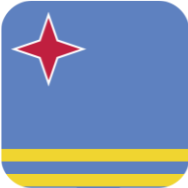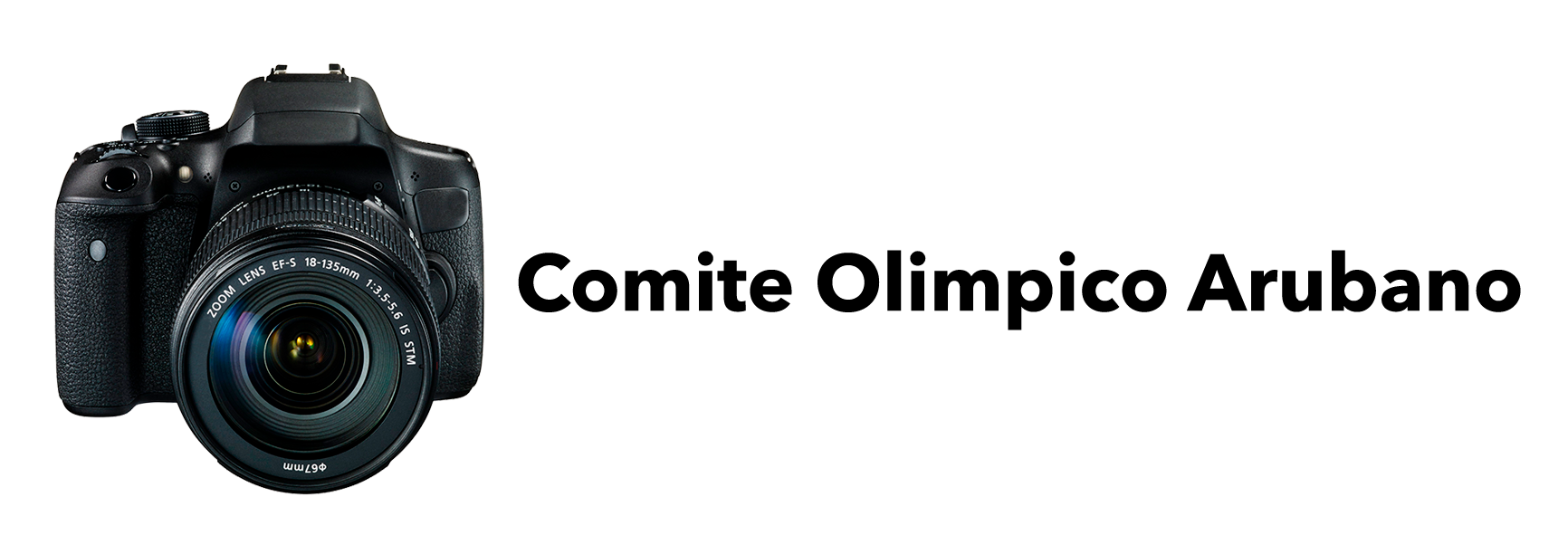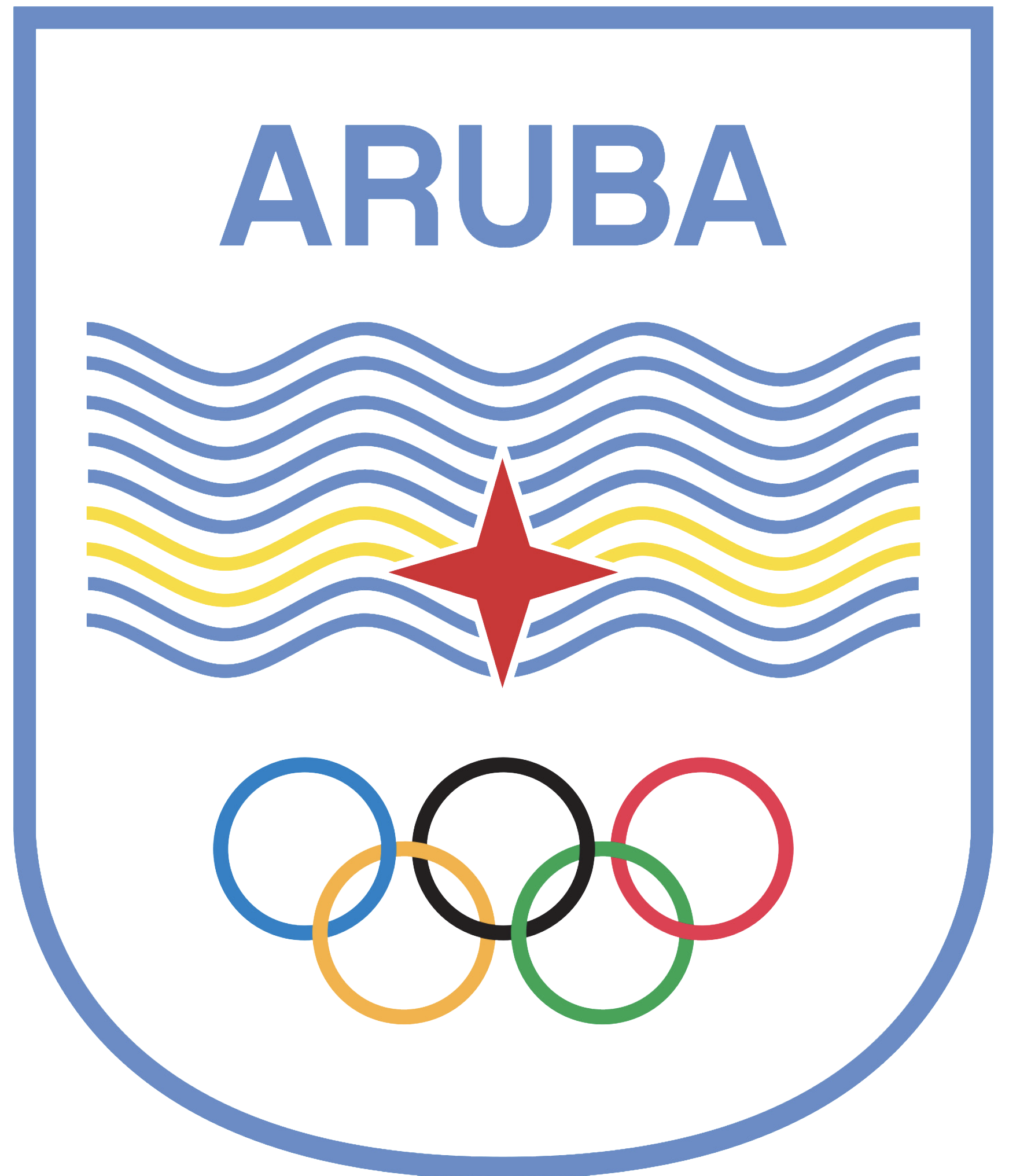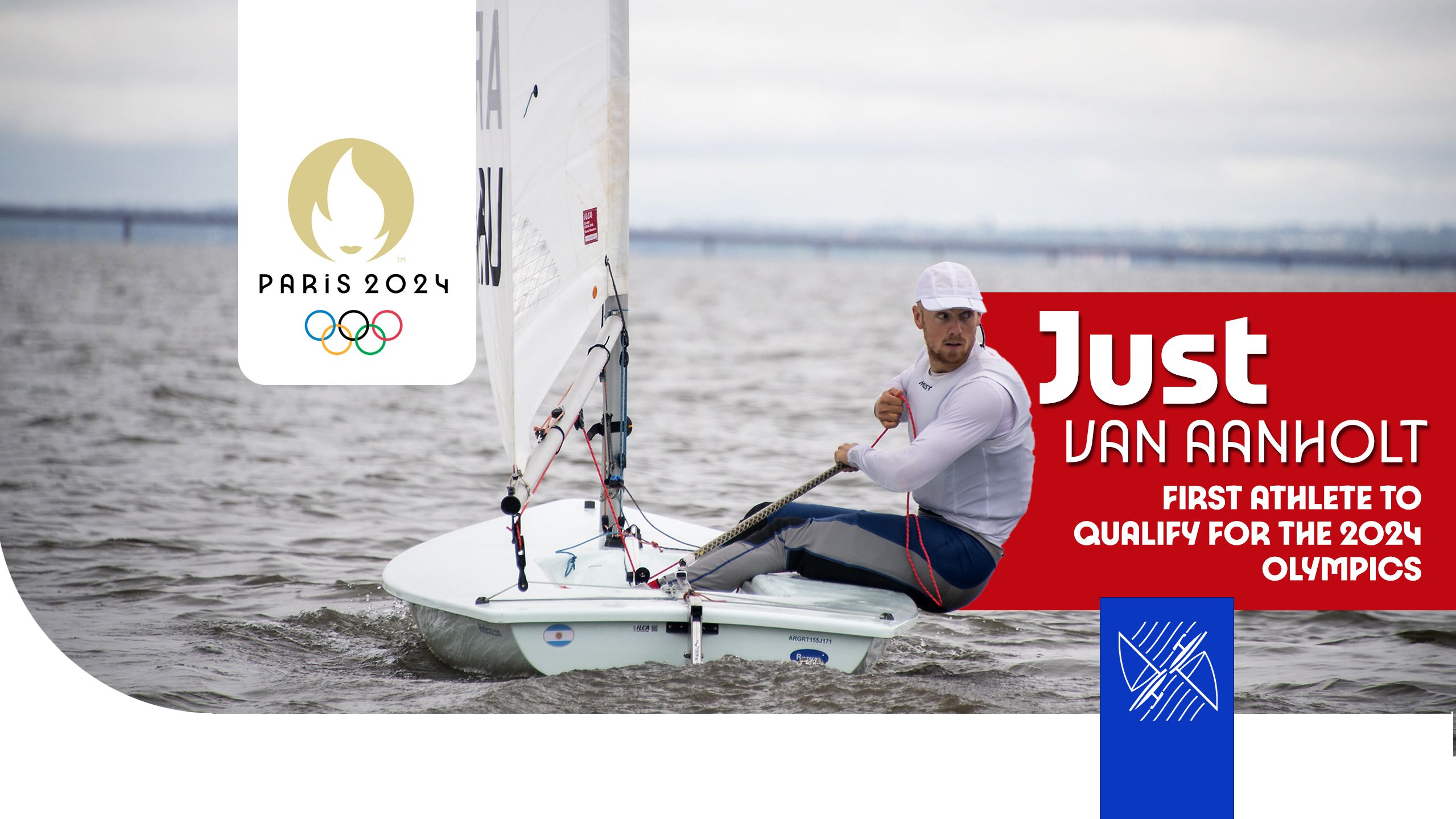


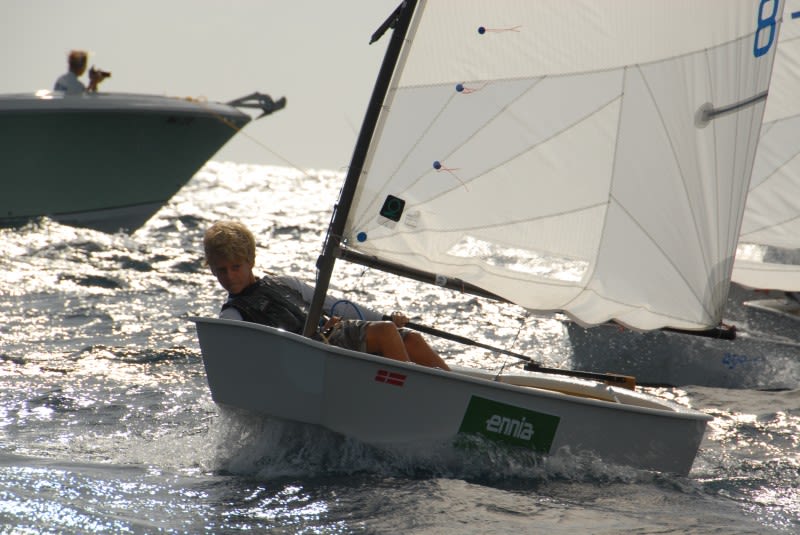
Sailing has always been a part of Just’s life. In fact, there isn’t a moment in his life that Just can remember when it wasn’t a part of his upbringing in Curaçao.
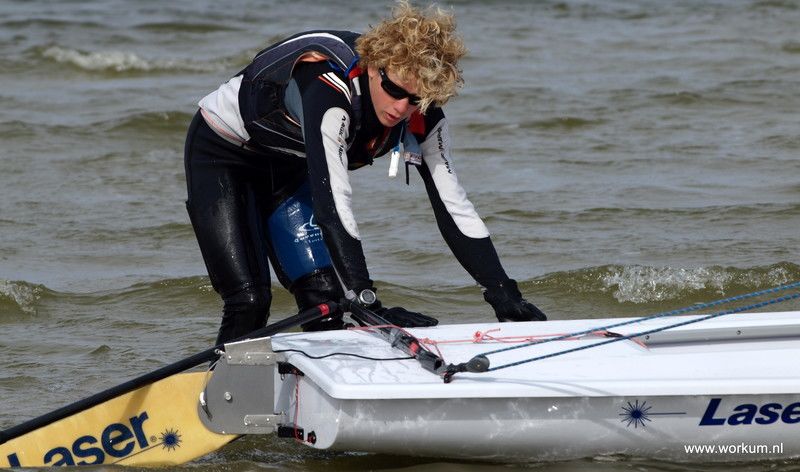
Naturally, the influence of this is largely thanks to the incredible involvement of their family in sports. “My father went to the Olympic Games in Sydney 2000, and my sisters Philipine and Odile and my brother Cor have already competed either in the Olympic Games and/or international competitions. It took me a while to love the sport, but sailing was always my 'north star'.
(His older sister Odile will also compete this year in sailing at the 2024 Olympic Games. Among the four Aanholt siblings, all have been flag bearers for either the Netherlands Antilles, Curacao, the Netherlands Youth Olympic Games, and Aruba. An impressive family in sports).

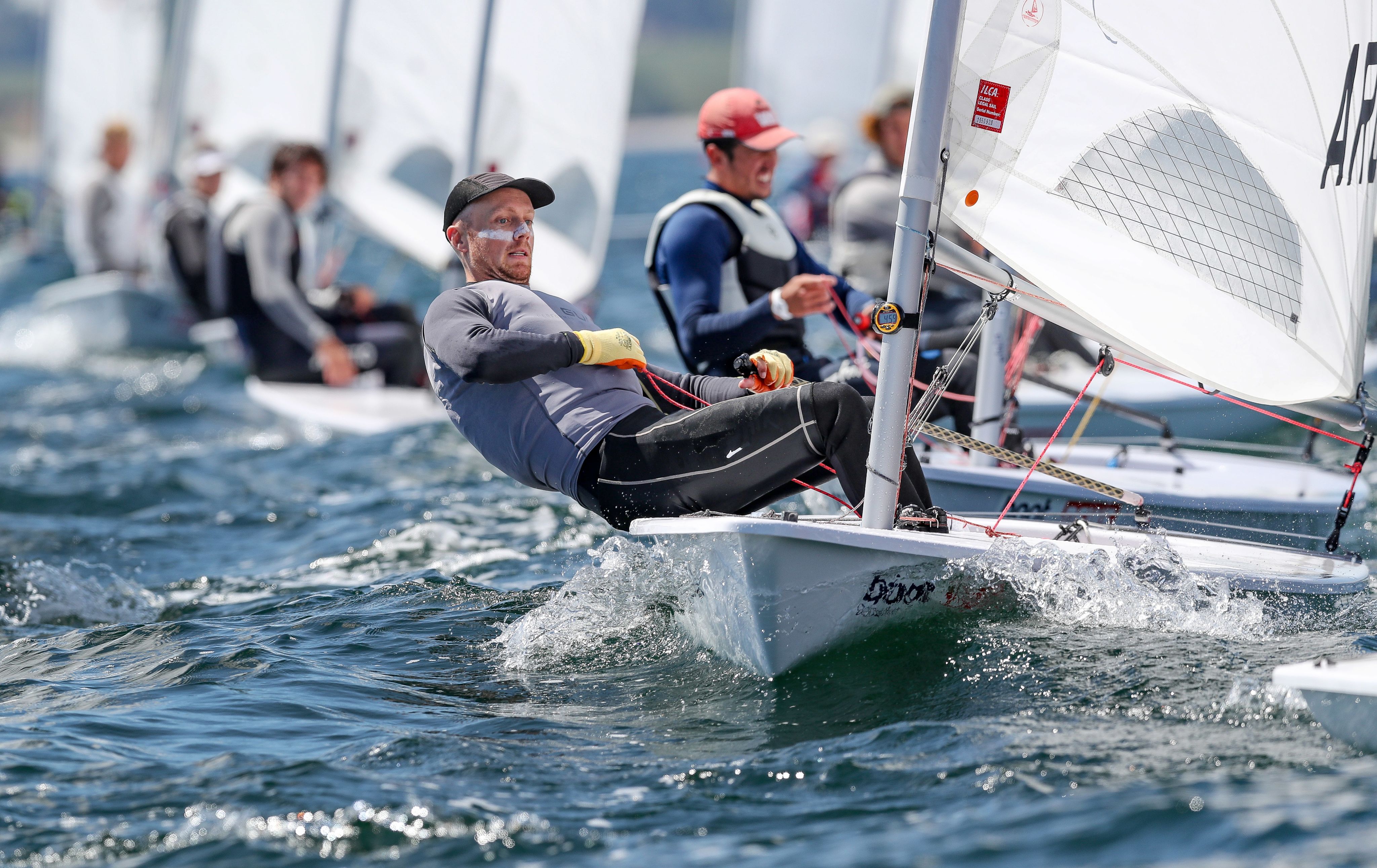
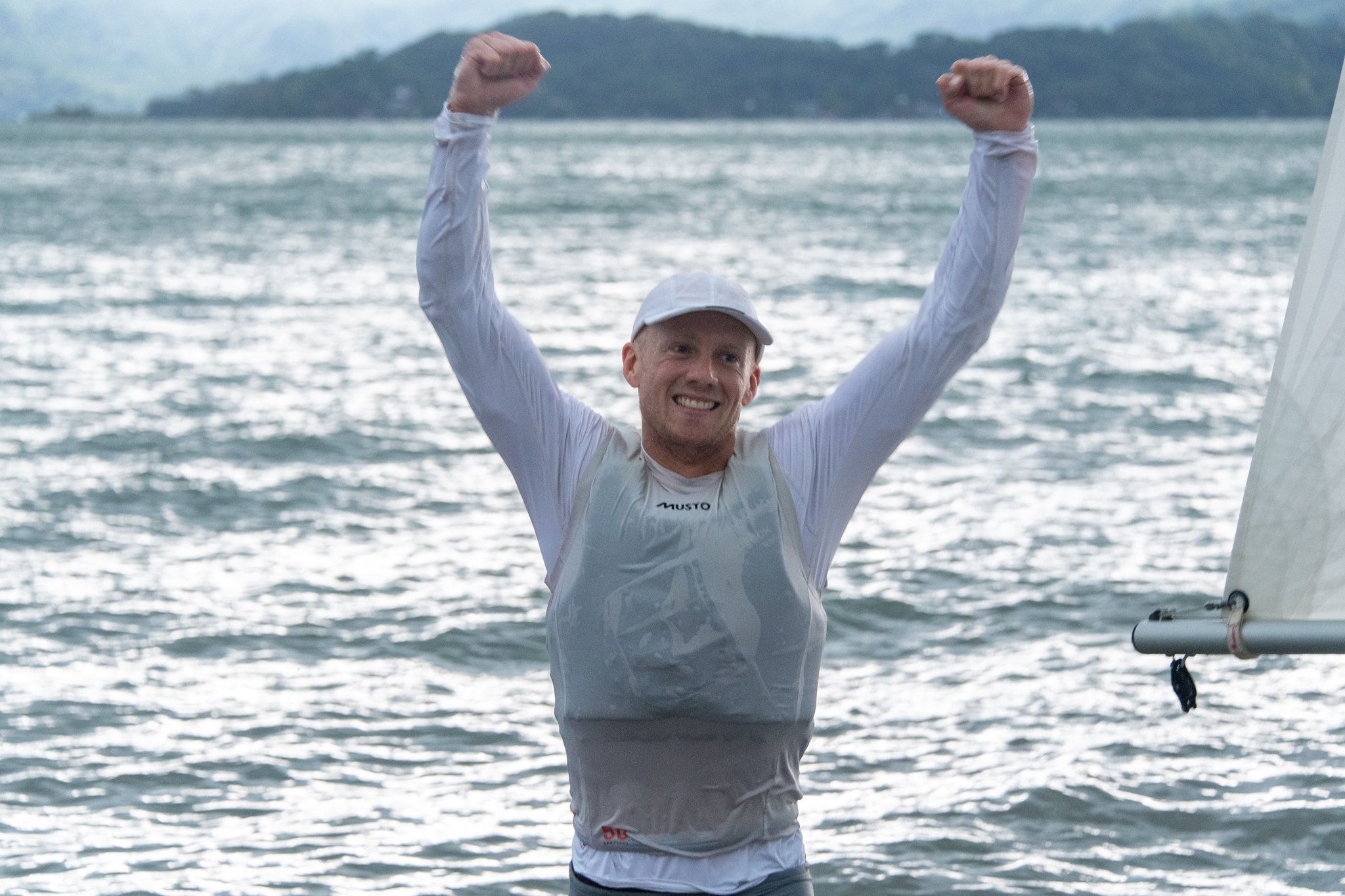
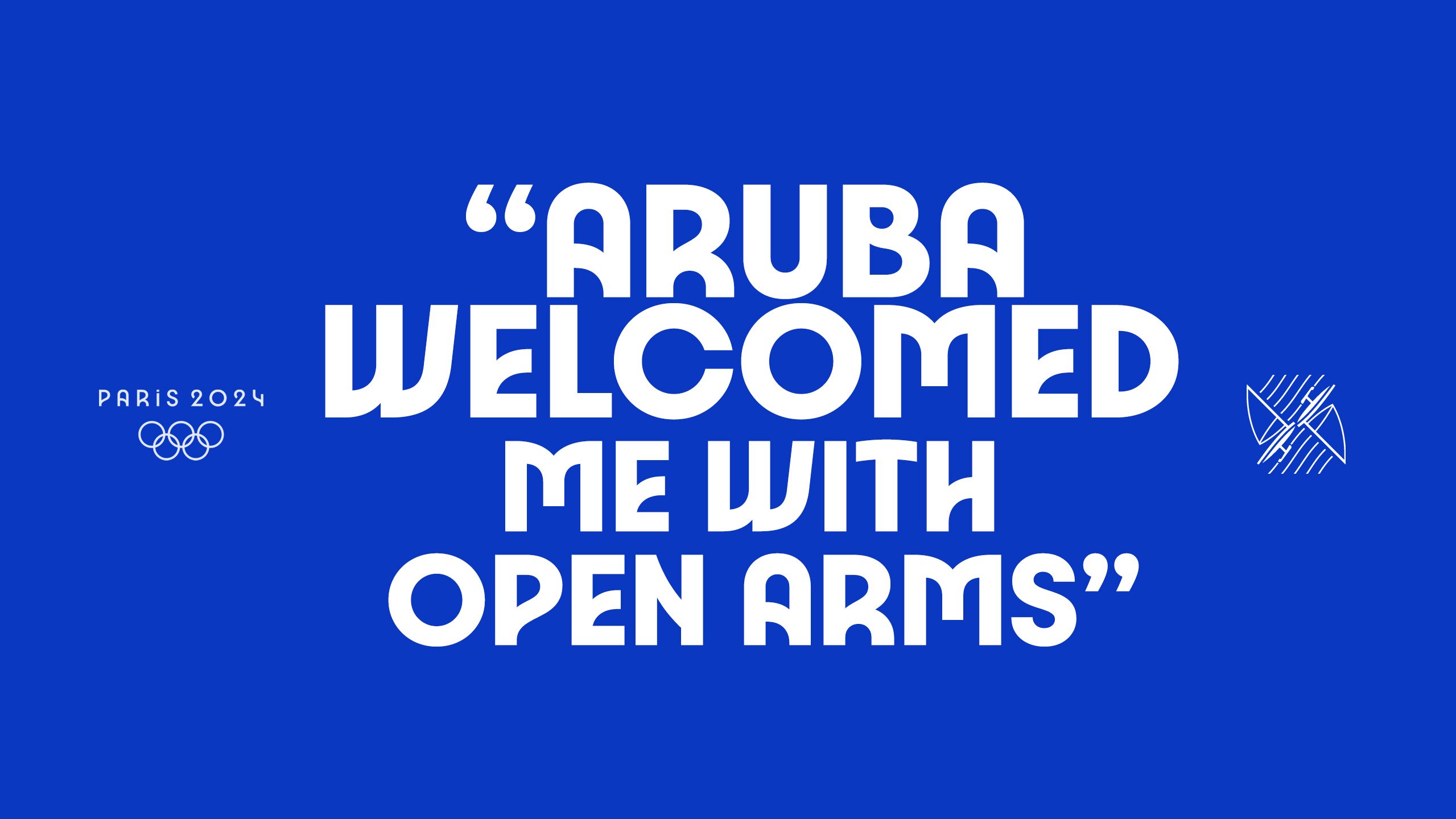
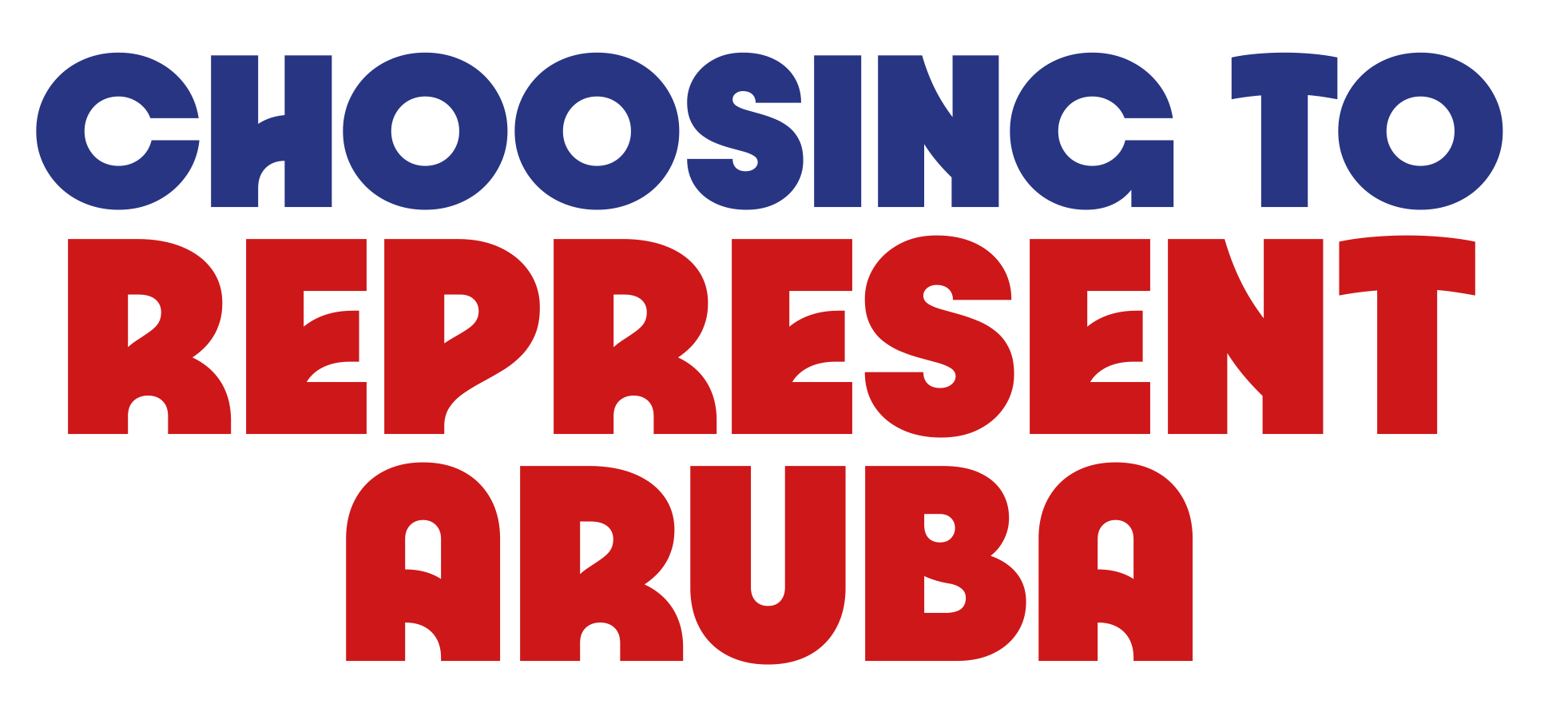
Initially, Just always competed representing the Netherlands Antilles, with his last competition under this banner being at the 2010 Youth Olympic Games in Singapore. But, after 2010, Curaçao could not apply for a National Olympic Committee under the rules of the IOC. This meant that Just could continue to compete, but not at the highest level such as the Olympics or world championships for Curaçao. “I had the option then to compete for either Aruba or the Netherlands. For me, the decision was easy. I have a lot of love for the islands, and Aruba welcomed me with open arms.”
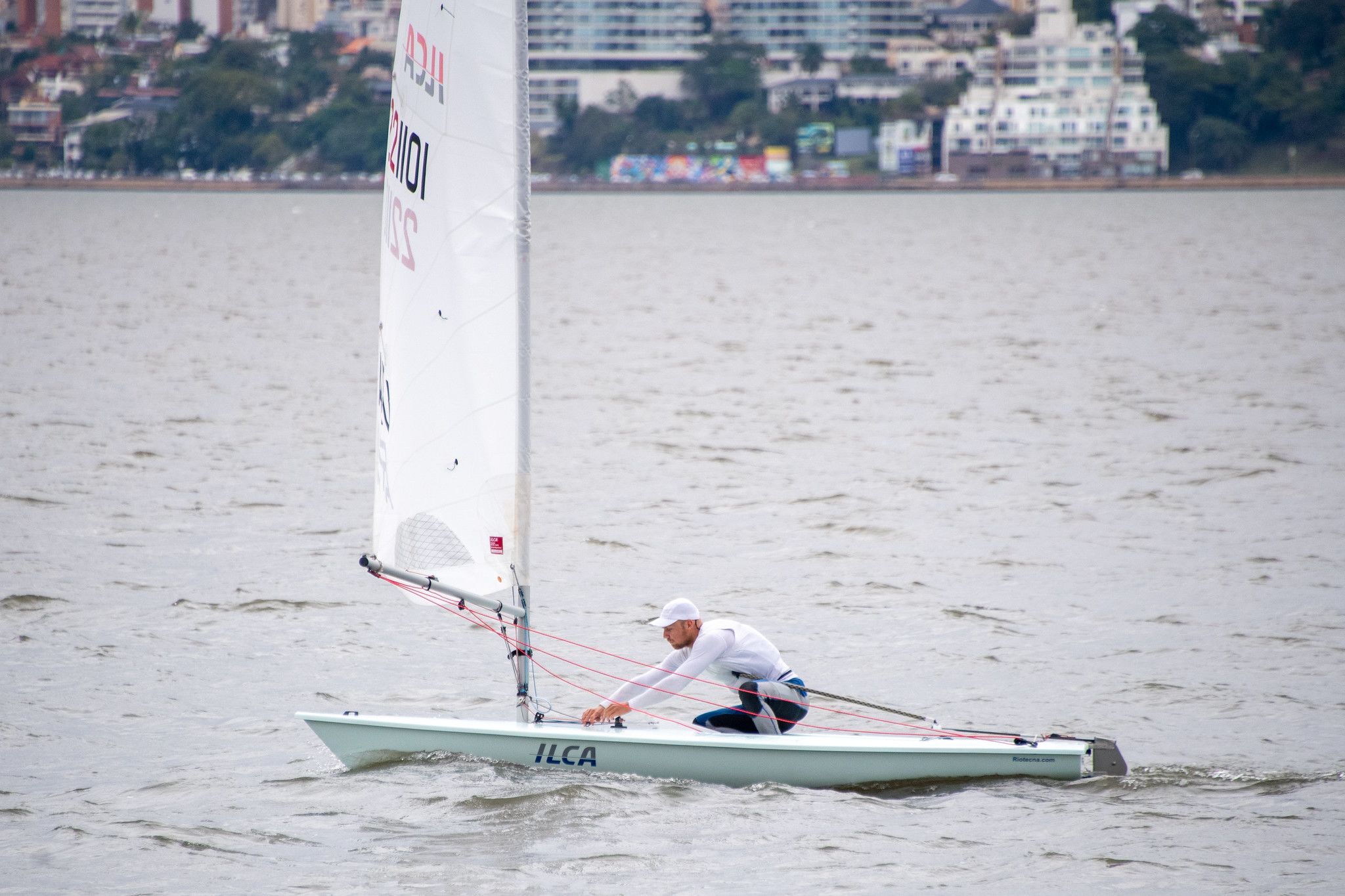
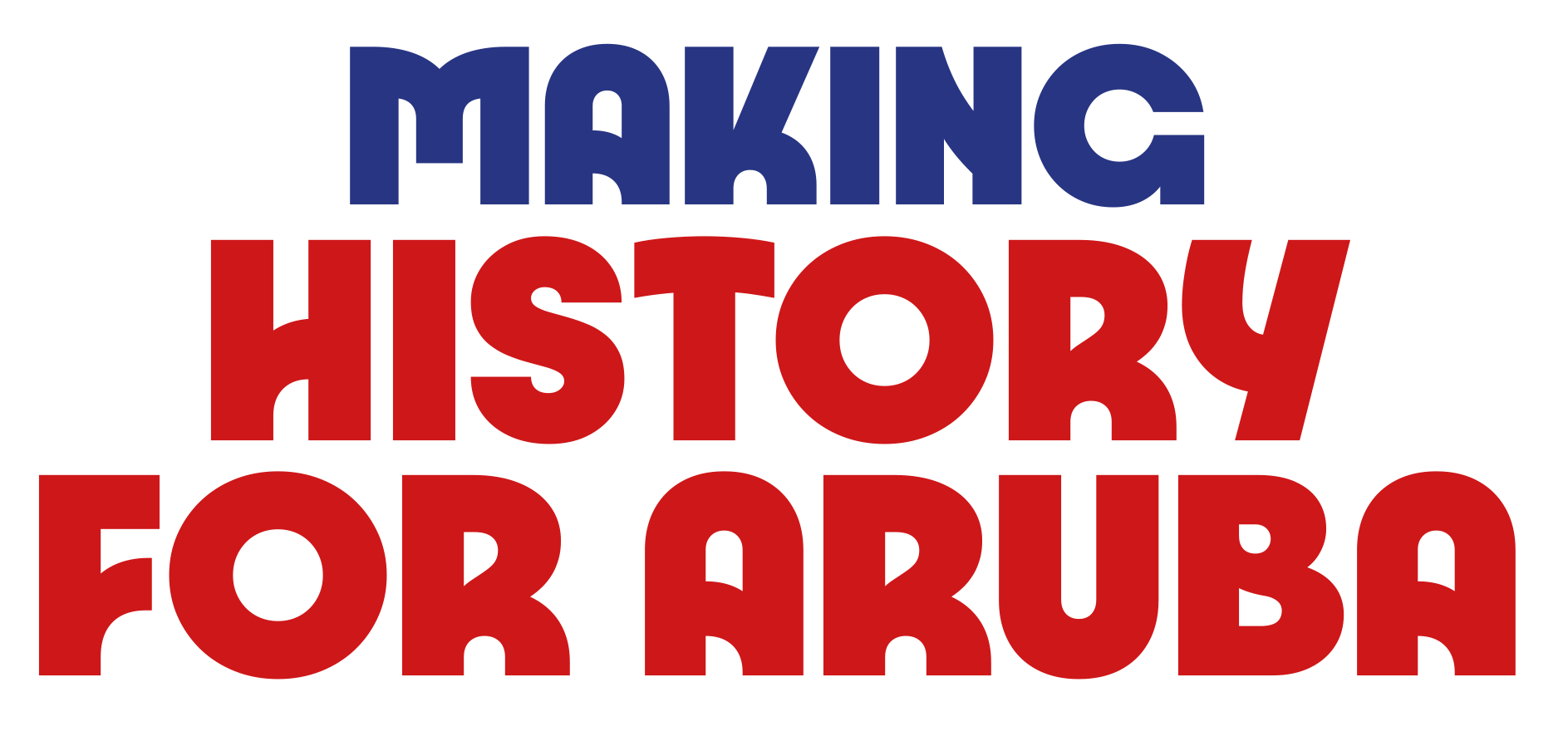
Being the first athlete to qualify for Aruba in the 2024 Olympics is a very special feeling for Just. “Qualifying wasn’t guaranteed until the last day. I was competing against big countries like the USA and Canada for that one spot. The relief was immense when I finally made it, and with that, I can now focus on the Olympics without worrying about additional qualification events.”
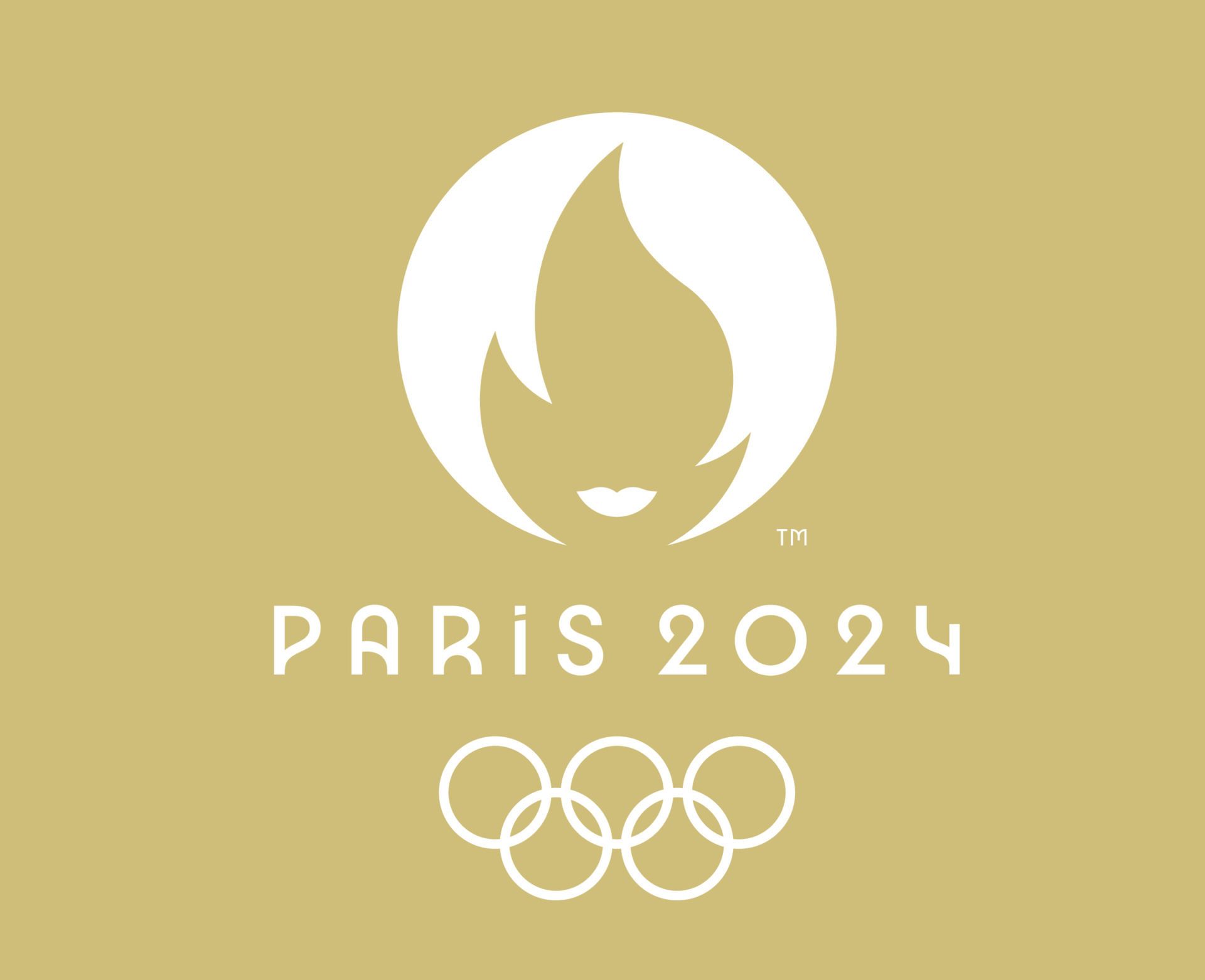
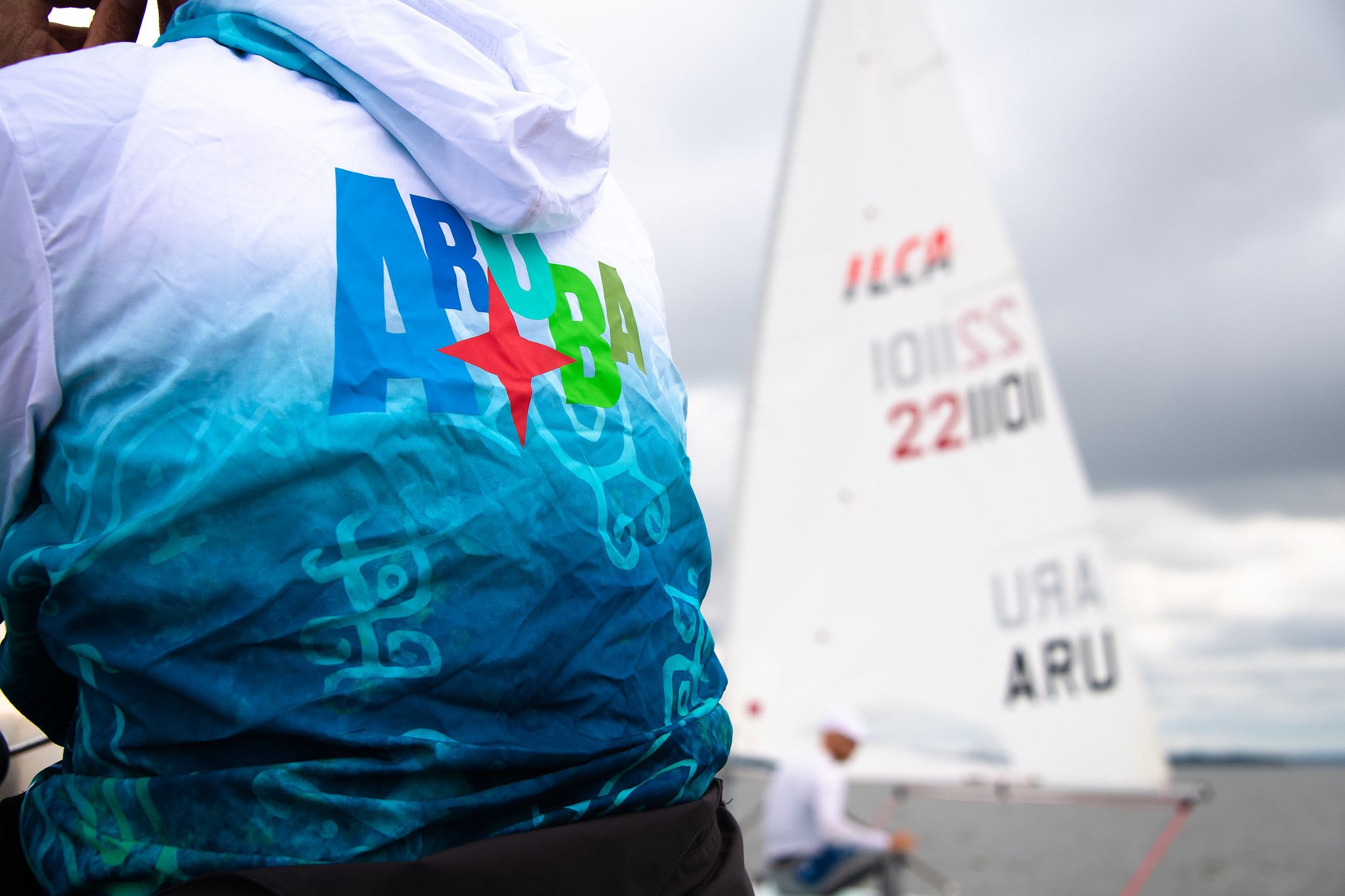
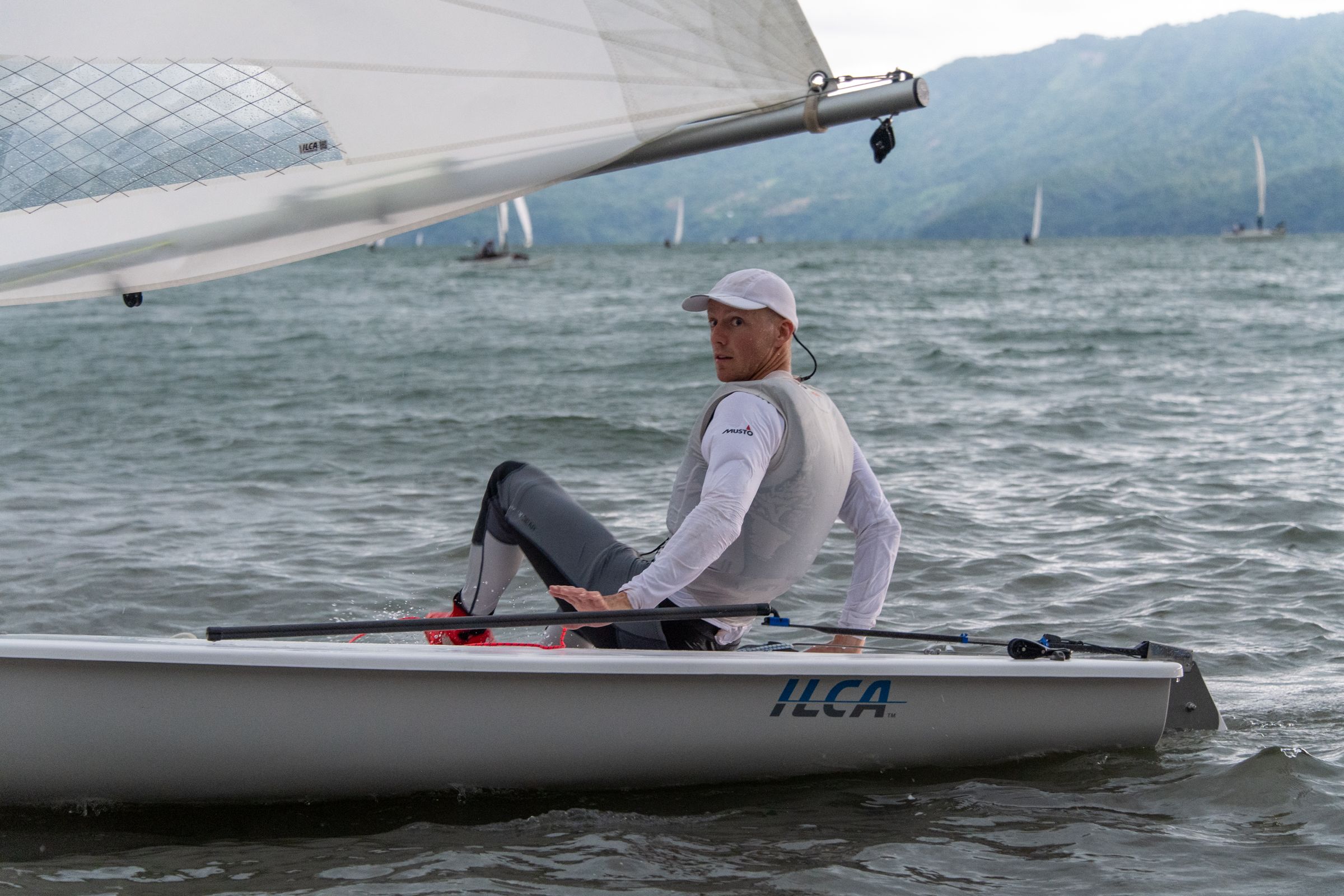
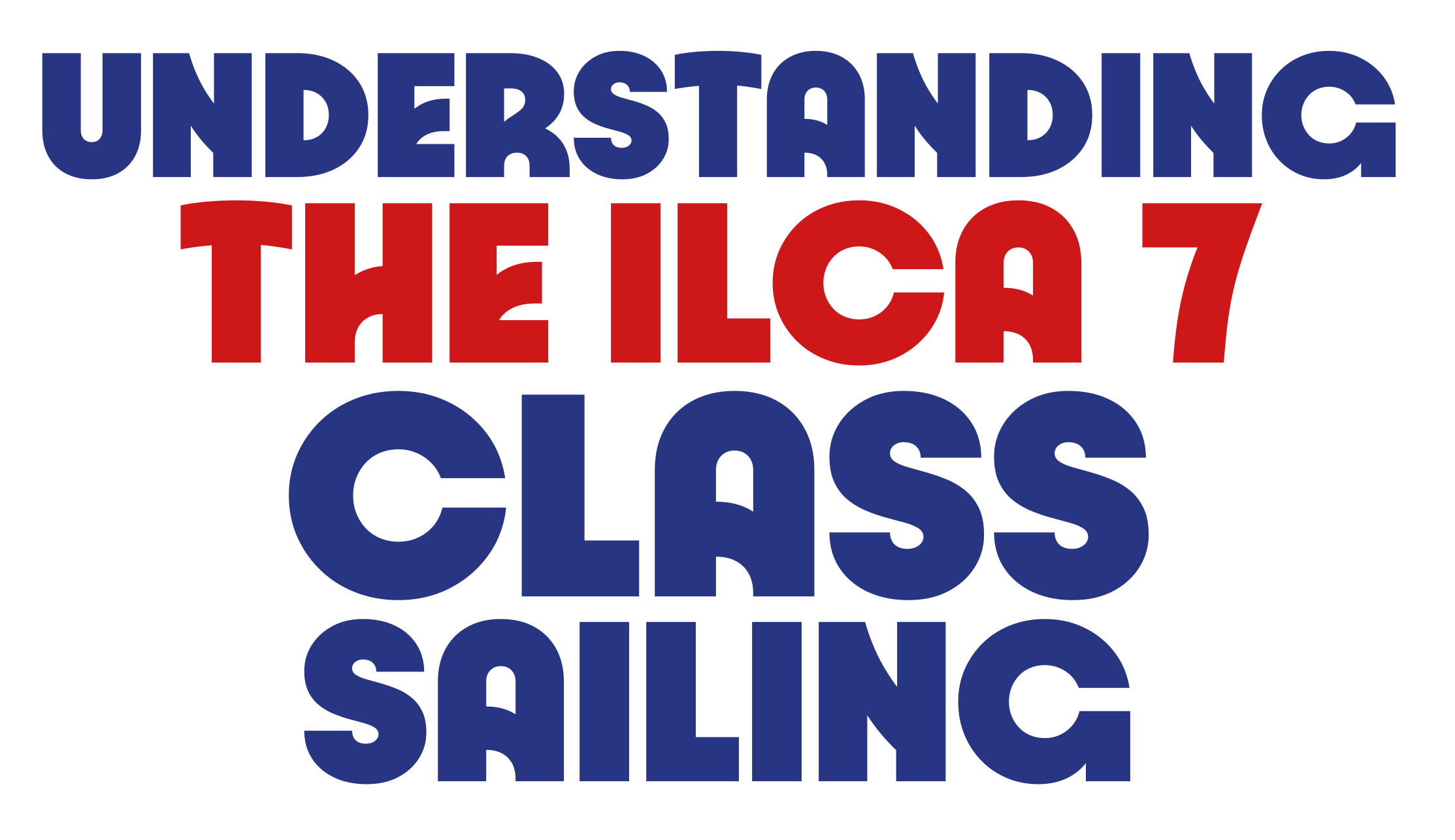
The ILCA 7 class is one of the oldest and most competitive sailing categories in the Olympics, with 44 countries competing. “It’s very crowded, requiring a lot of tactical decisions, and physical condition is a key differentiator as the races can last up to an hour. The boats are very similar and supplied by the organization, meaning the best sailor wins, not the country with the best equipment.”
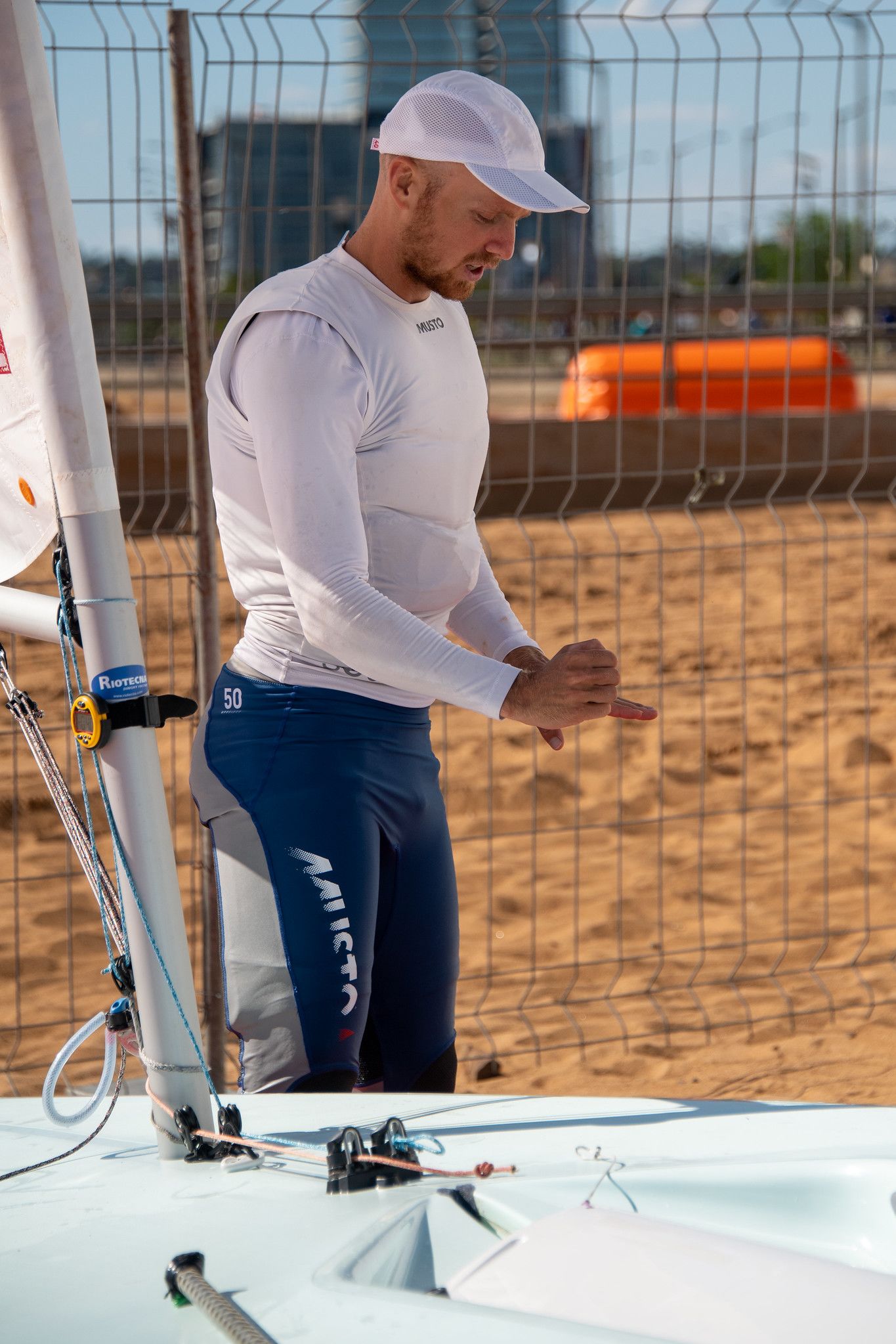

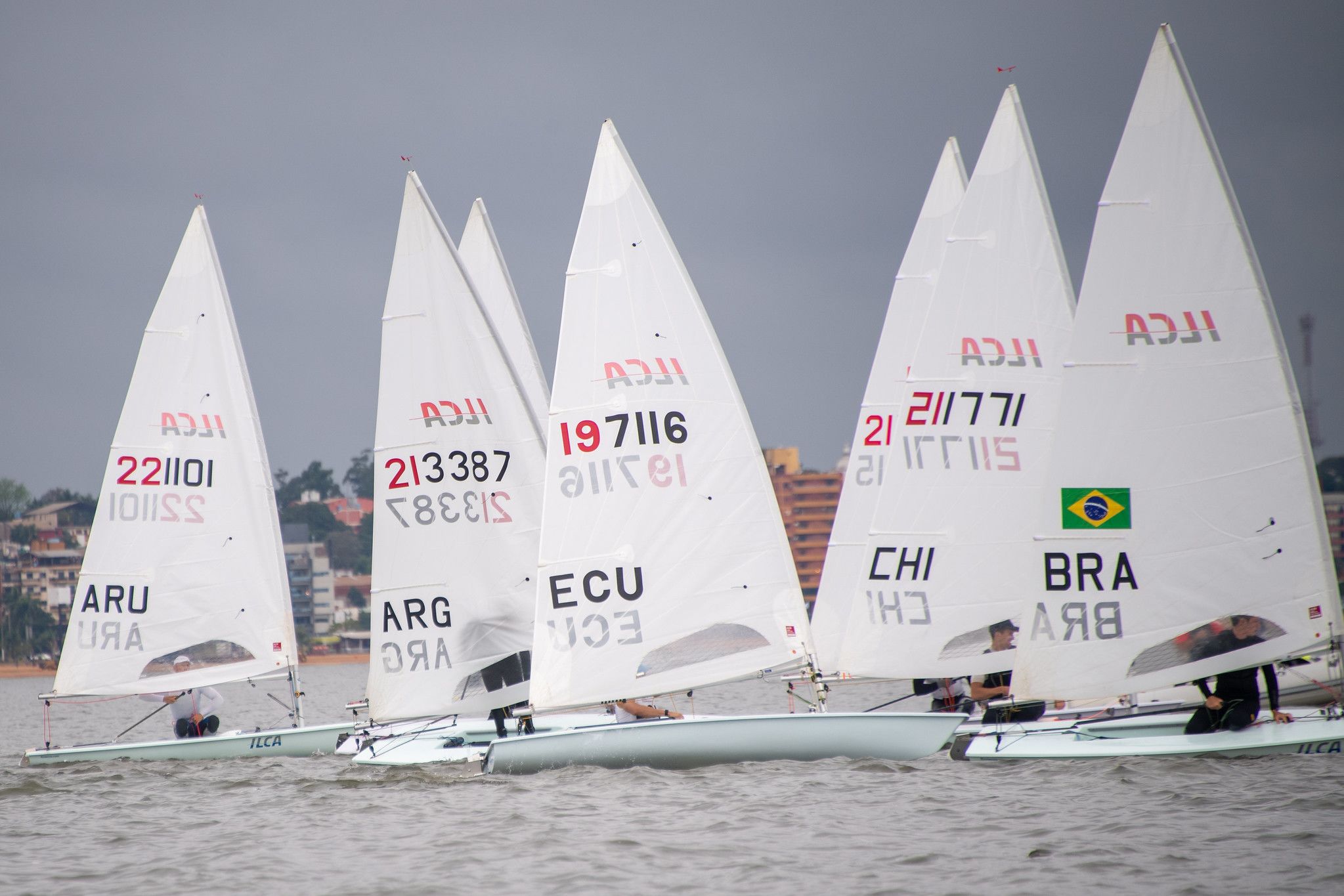
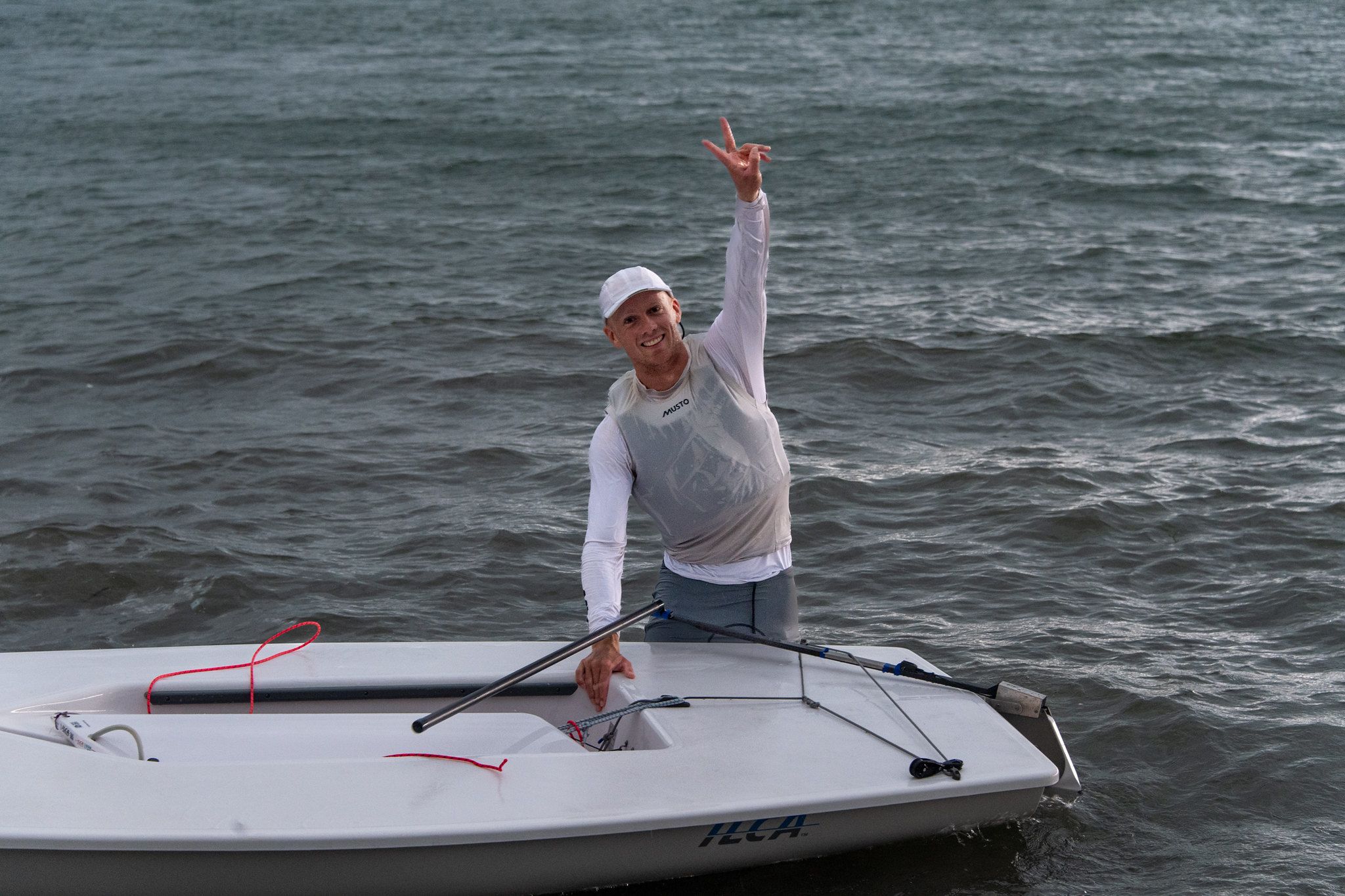
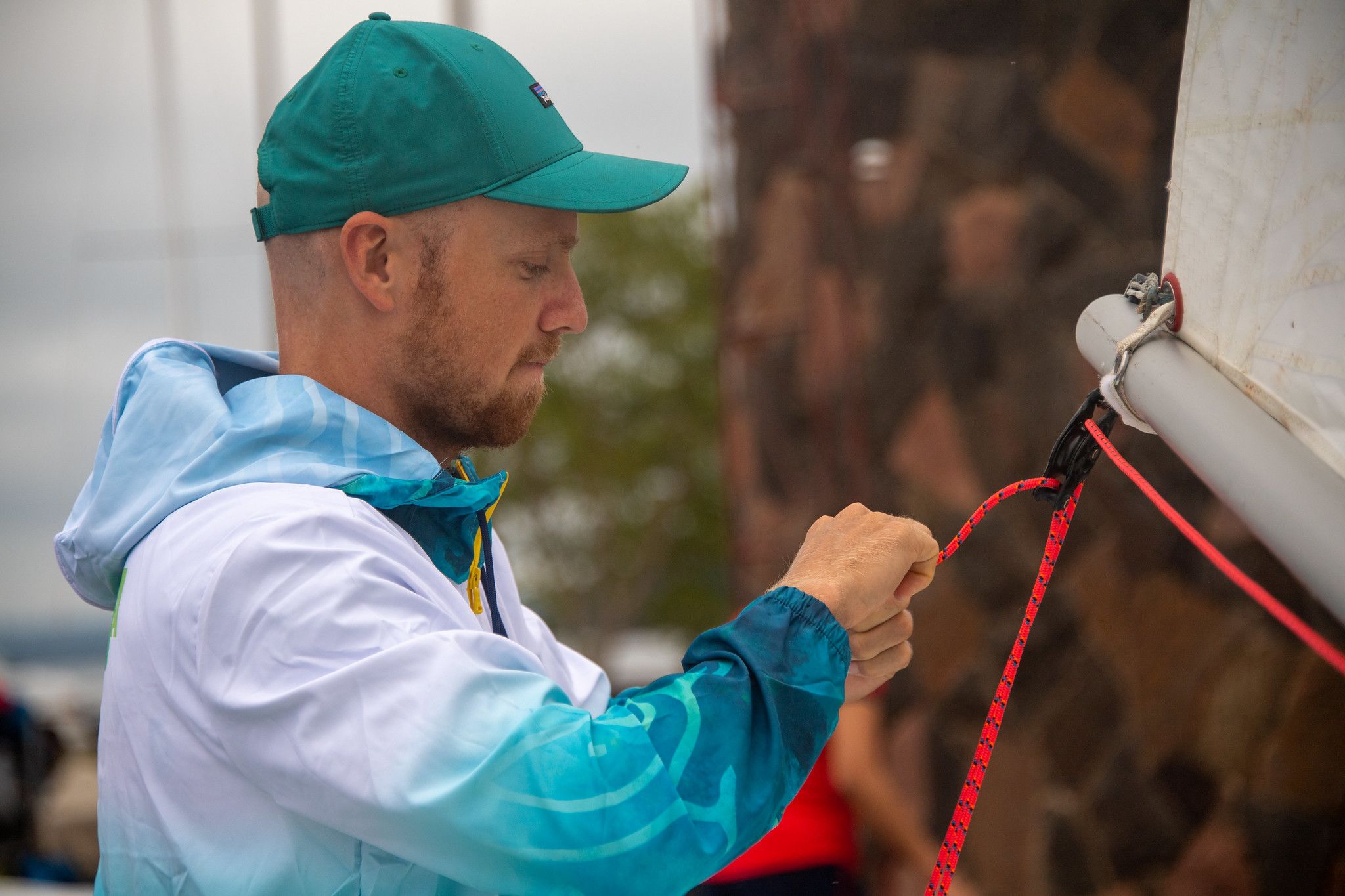
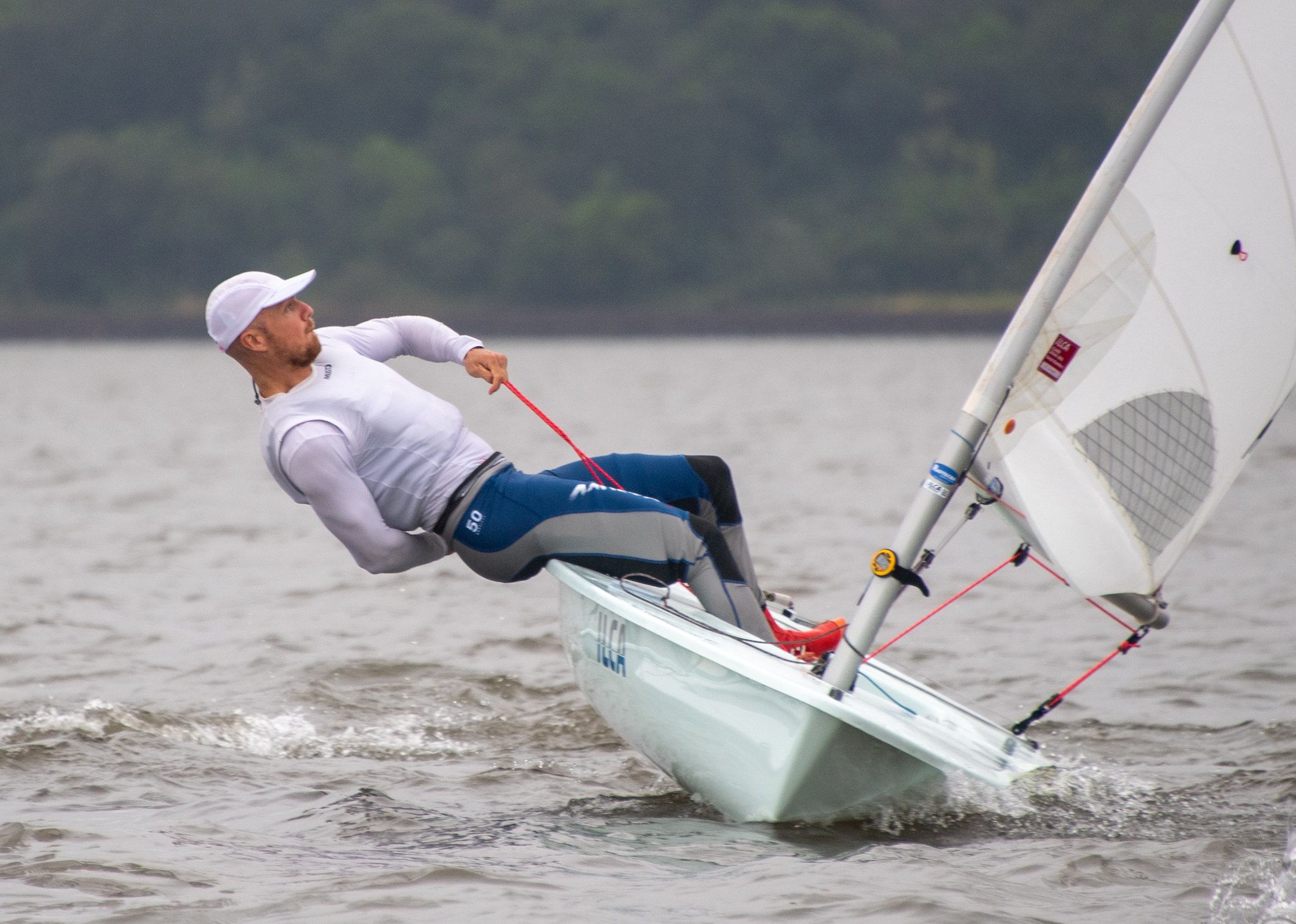
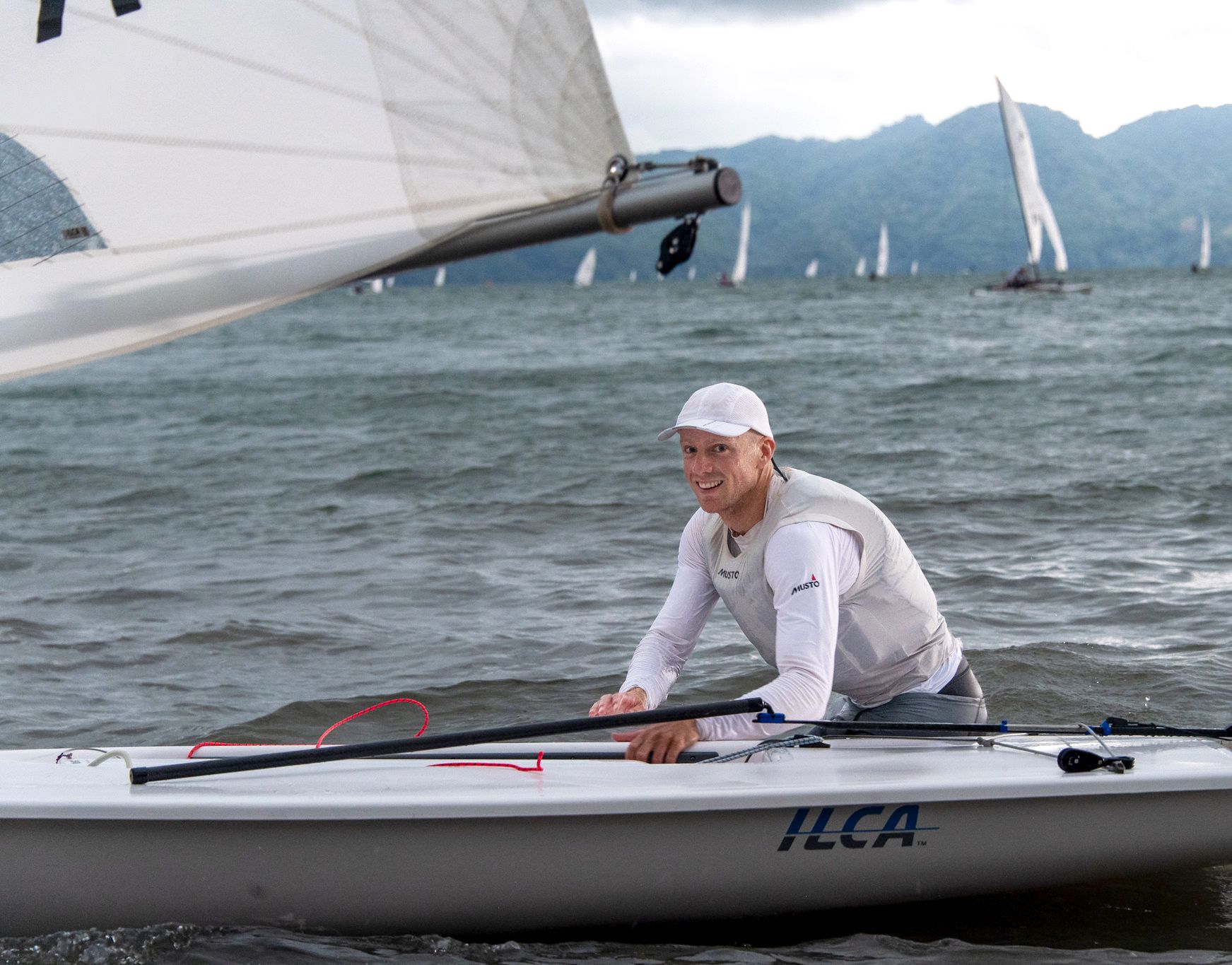
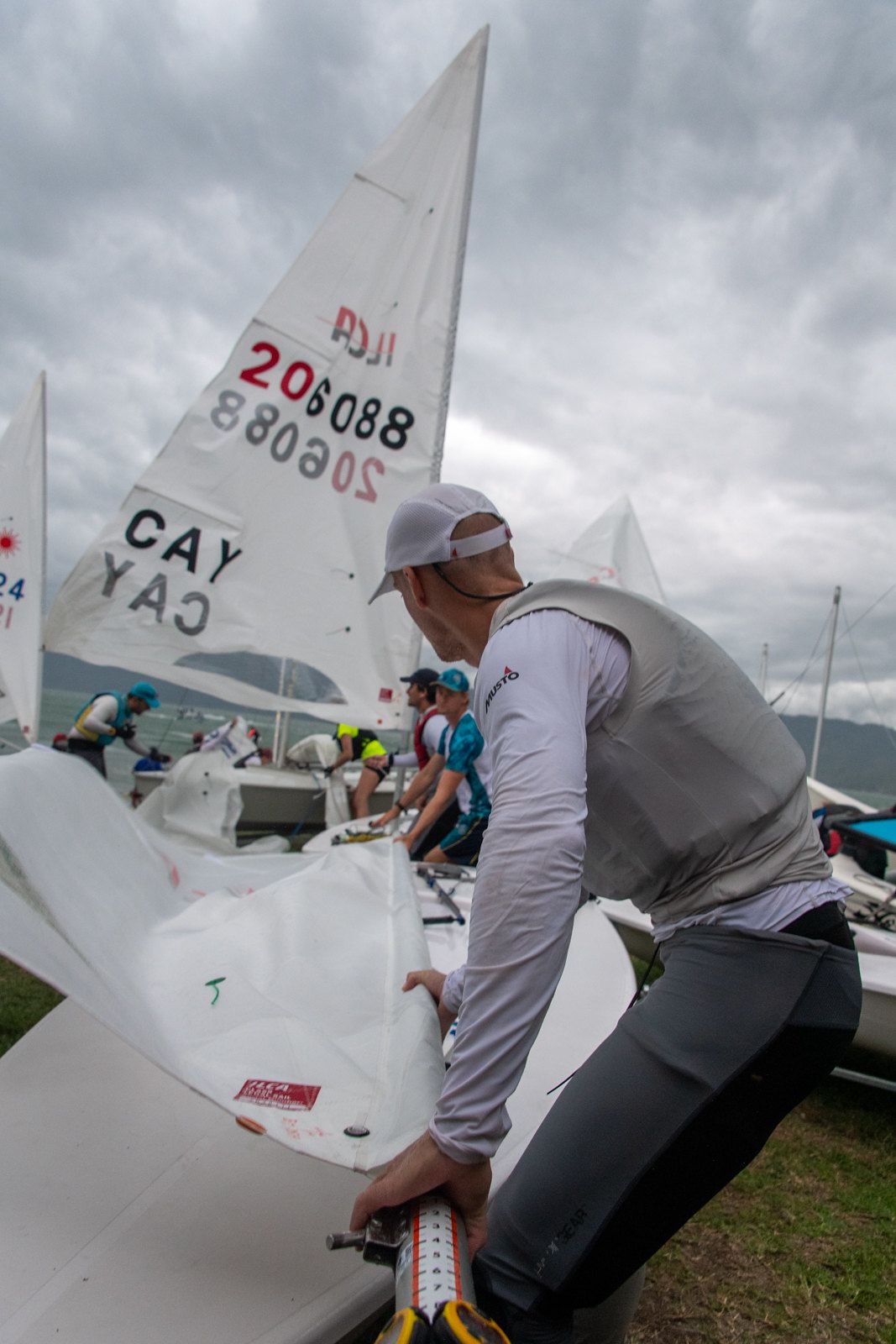
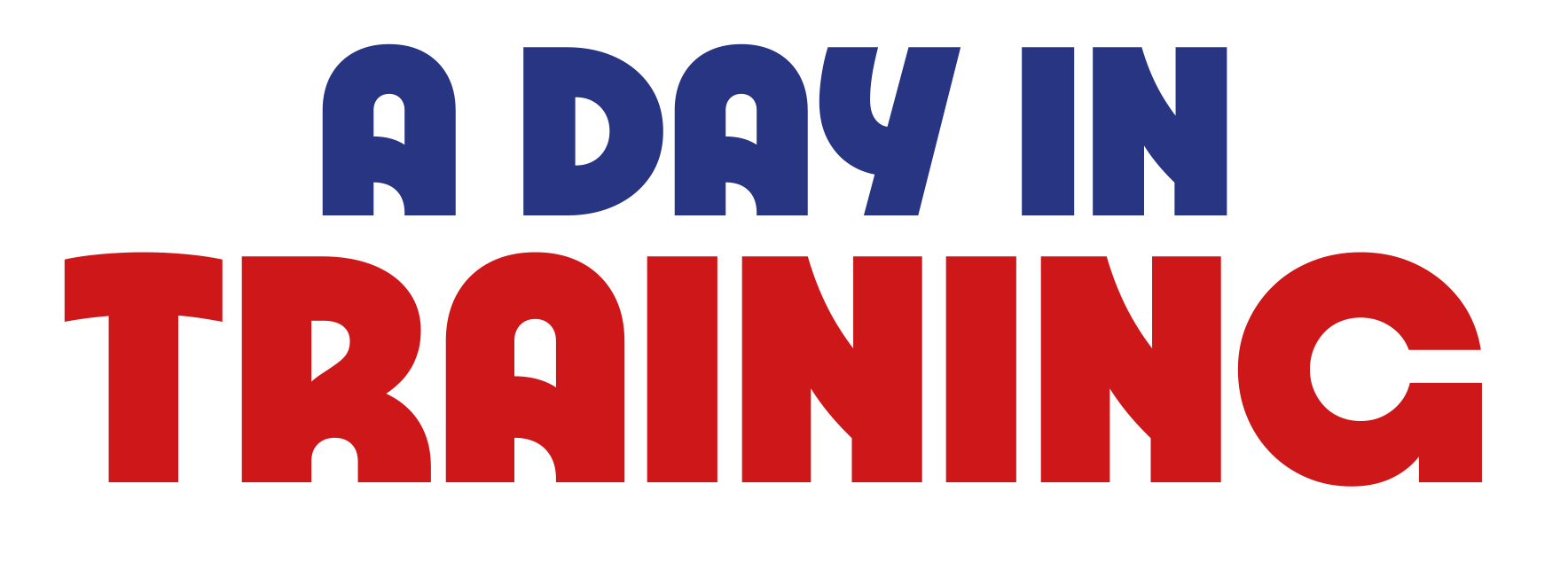
Just’s training days are rigorous and well-structured. “I wake up and do my mobility exercises to move well in the boat. After a big breakfast, I prepare my food, drinks, and equipment for the day. We go to the sailing venue and discuss the plan with our training partners and coach. Before heading out on the water, I eat a small meal. Our training sessions on the water last 2.5 hours. Before coming ashore, I have my recovery shake with carbs and protein. Onshore, we de-rig the boat and change back into normal clothes.
"After a meal, I spend about 30 minutes watching the day’s video to spot areas for improvement. In the evening, I have another workout, usually a short but intense strength training before major competitions. After dinner, I do a short recovery session with stretching and foam rolling. I like to end the day by talking with my family about things unrelated to sailing.”

Just faces various challenges in ILCA 7 sailing. One of these challenges is maintaining his ideal weight to improve mobility and mental preparation. “Initially, I had a lot of problems weighing enough. In ILCA 7, you want to weigh between 84kg and 86kg, and I always weighed around 81kg. To maintain that weight, I had to eat a lot. Especially during events, it’s hard to maintain weight because you spend a lot of time on the water. I also had problems with downwind where I wasn’t mobile enough, but I put in a lot of hours to improve that. Nowadays, I spend more time on the mental aspect because I have put in a lot of hours in the sport, and improvements come from performing well when it matters. Additionally, with the games approaching and the extra attention and pressure, I want to be well-prepared for that.”
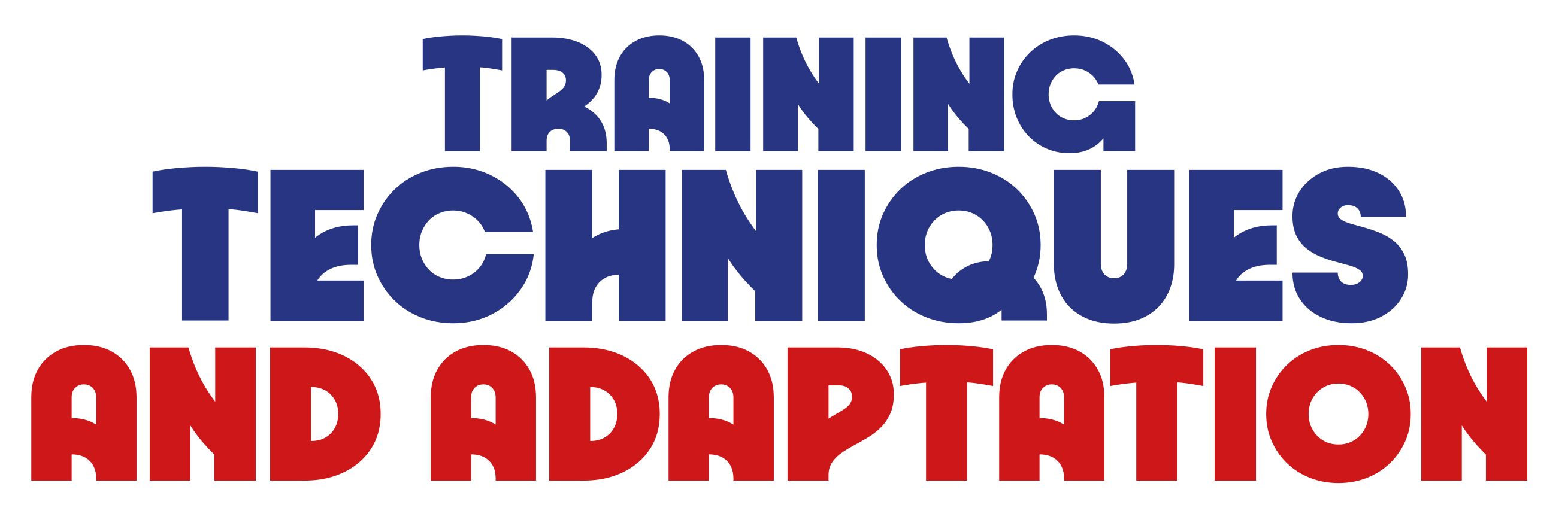
Training with his family has taught Just valuable lessons. “My younger sister is also competing in the Olympics but in a different class. I learned a lot from her about creating a solid program for the year and maneuvering for ‘long lanes sailing.’ But since my races last longer, I spend more time on my physical condition, so I spend a lot of time on the bike to improve my aerobic capacity.” Adding technology to his training has also proven beneficial. “Adjusting my hiking strap and using an app to log wind direction and strength has helped a lot. I also use a device called Oura Ring to ensure I don’t overtrain.”
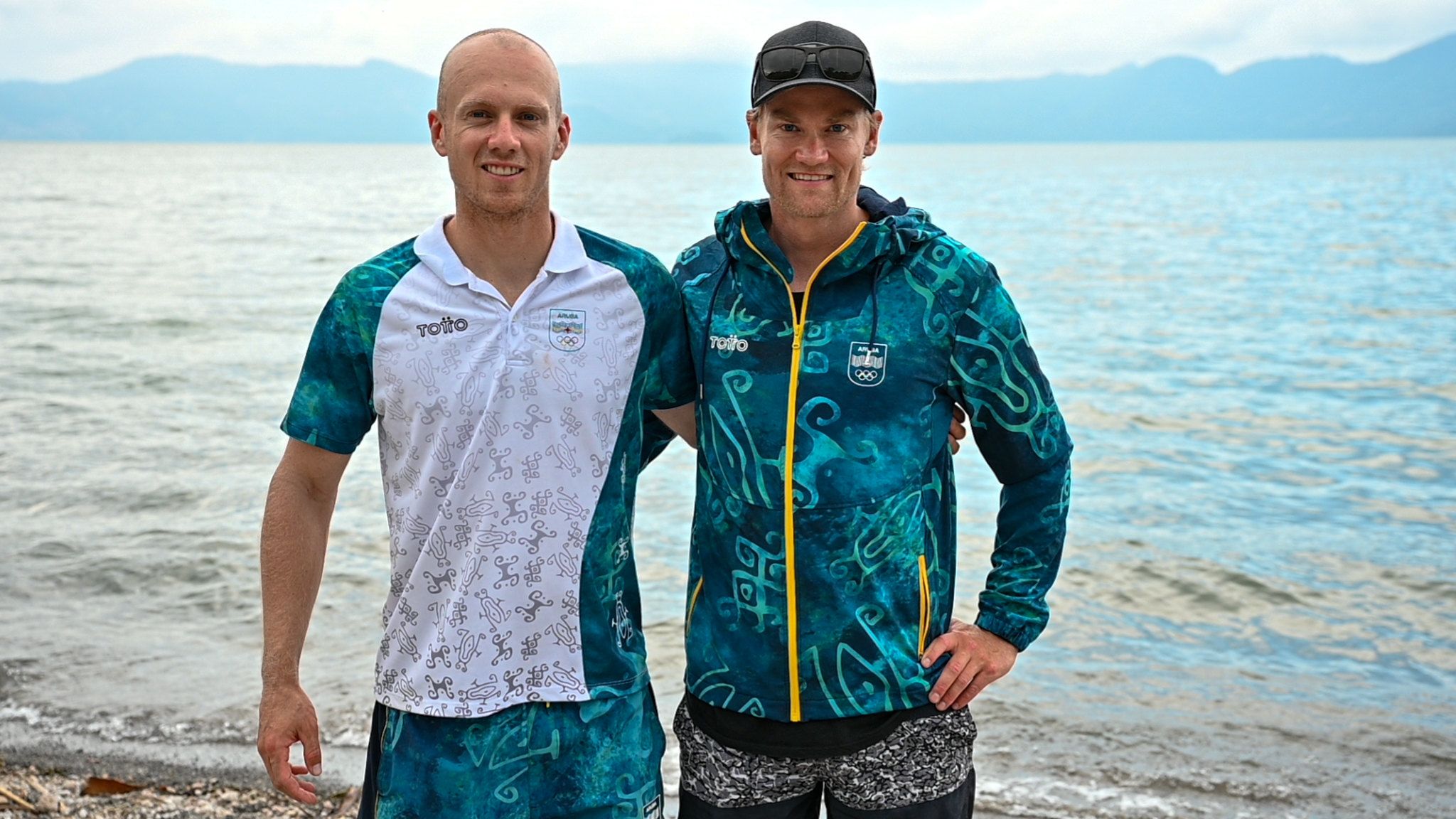
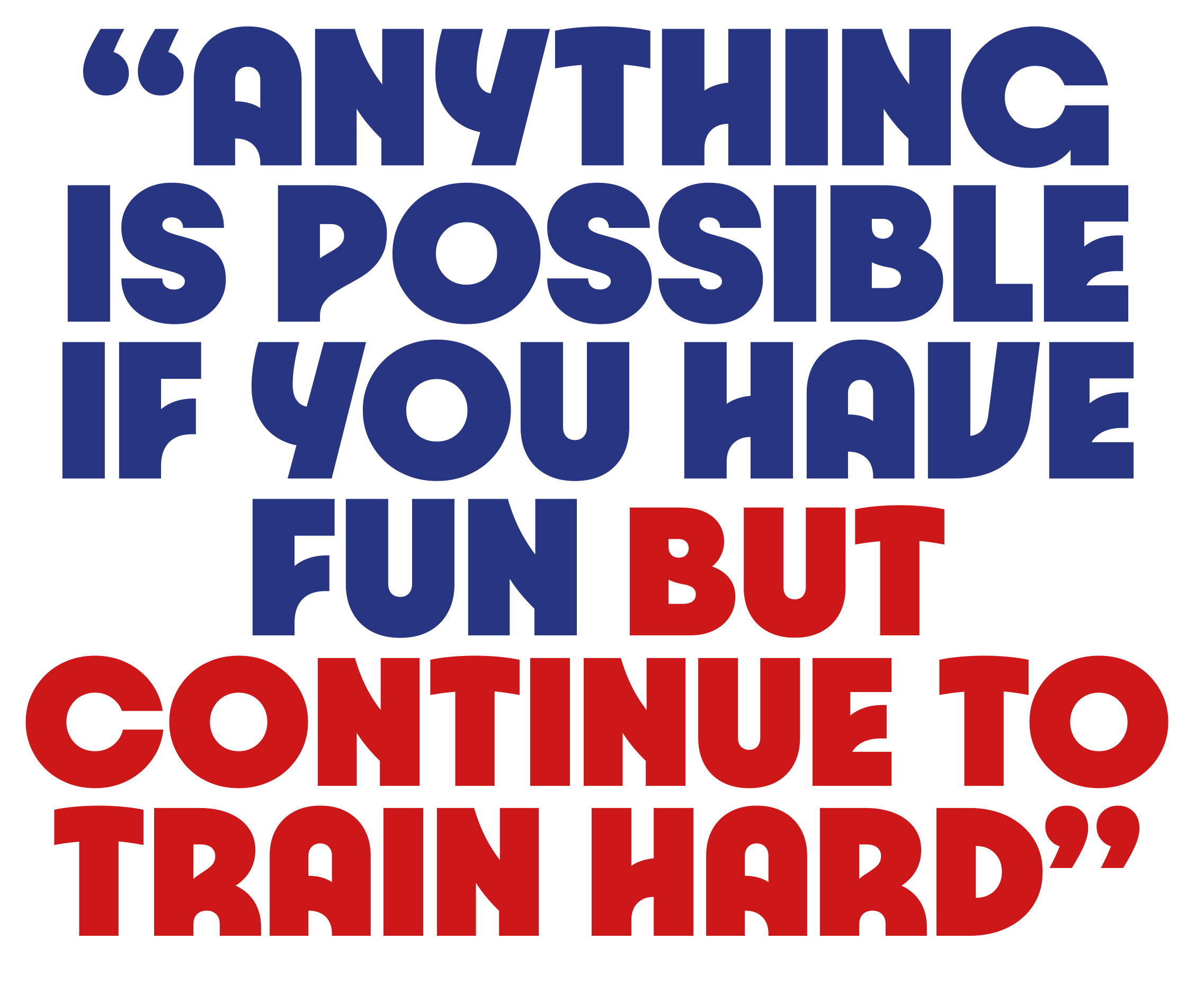
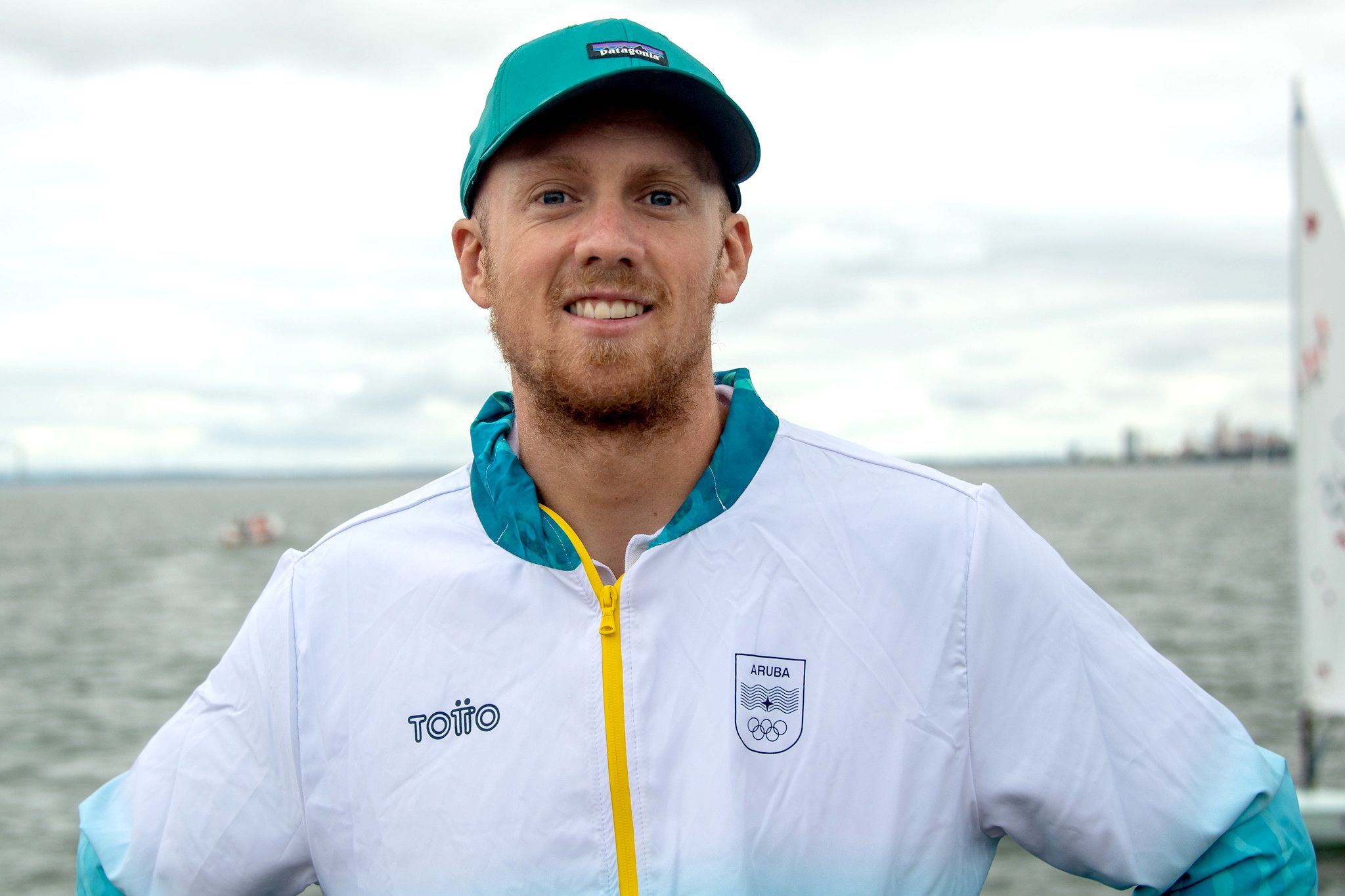
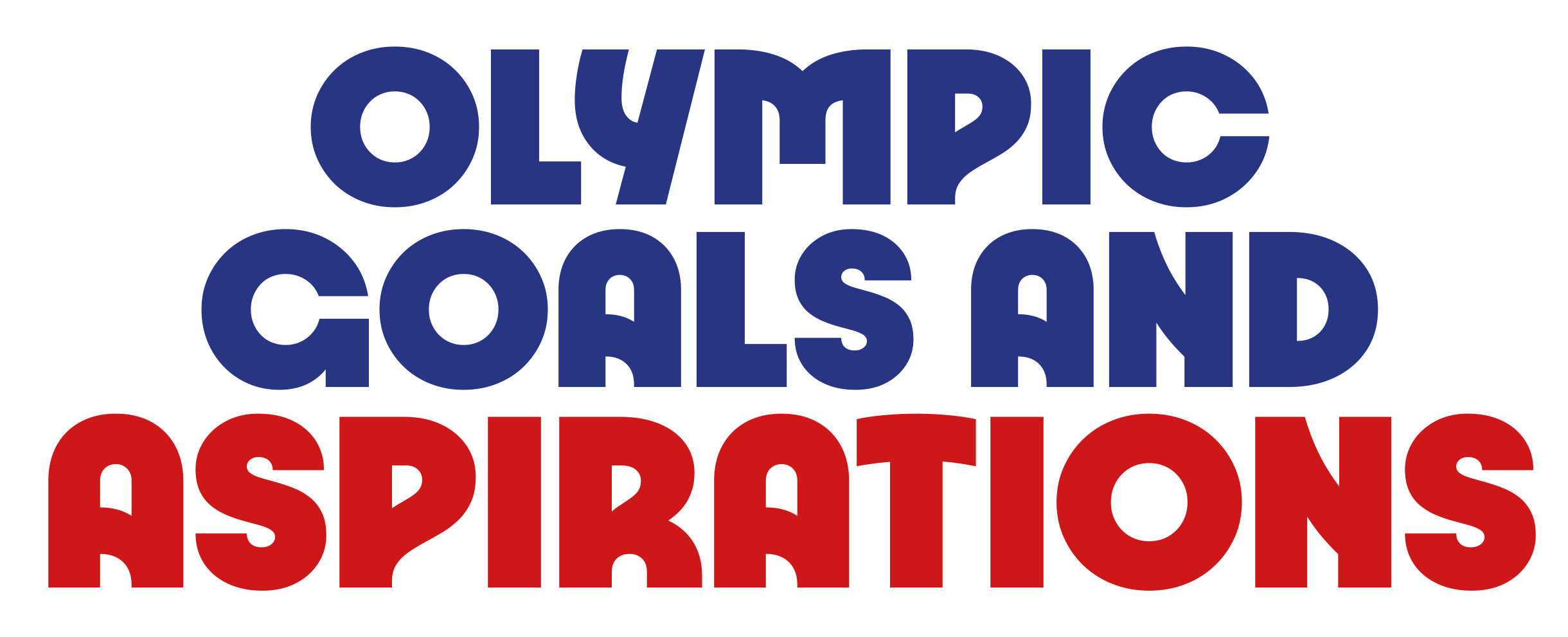
“I concentrate on following my starting routine, spending enough time with my coach before the event to discuss the best game plan for the day and what to avoid. We try to treat it like any other event and not get overwhelmed by the fact that this is the biggest stage in sports.”

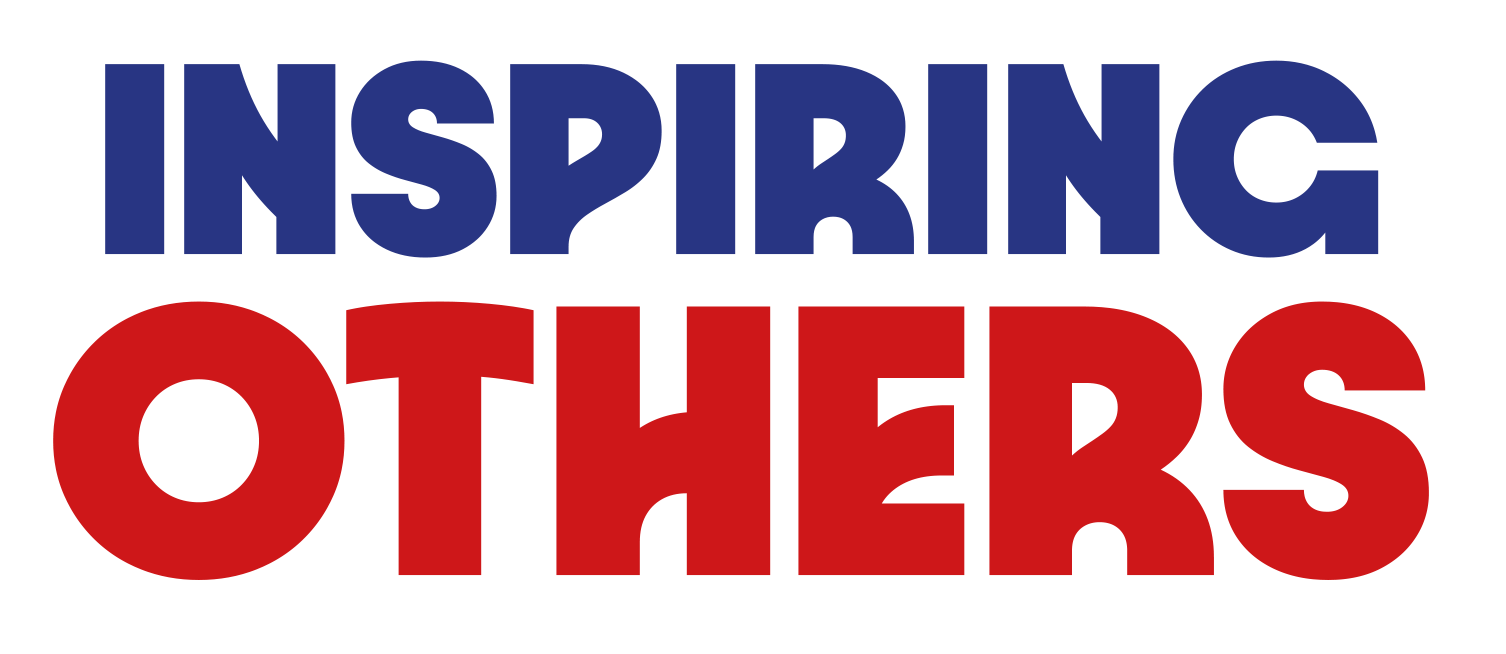
“I want to show younger sailors that anything is possible if you have fun and continue to train hard. Growing up in the Caribbean has many advantages; you can train all year round. You don’t have to worry about special clothes for winter training, and there’s usually always good wind.”
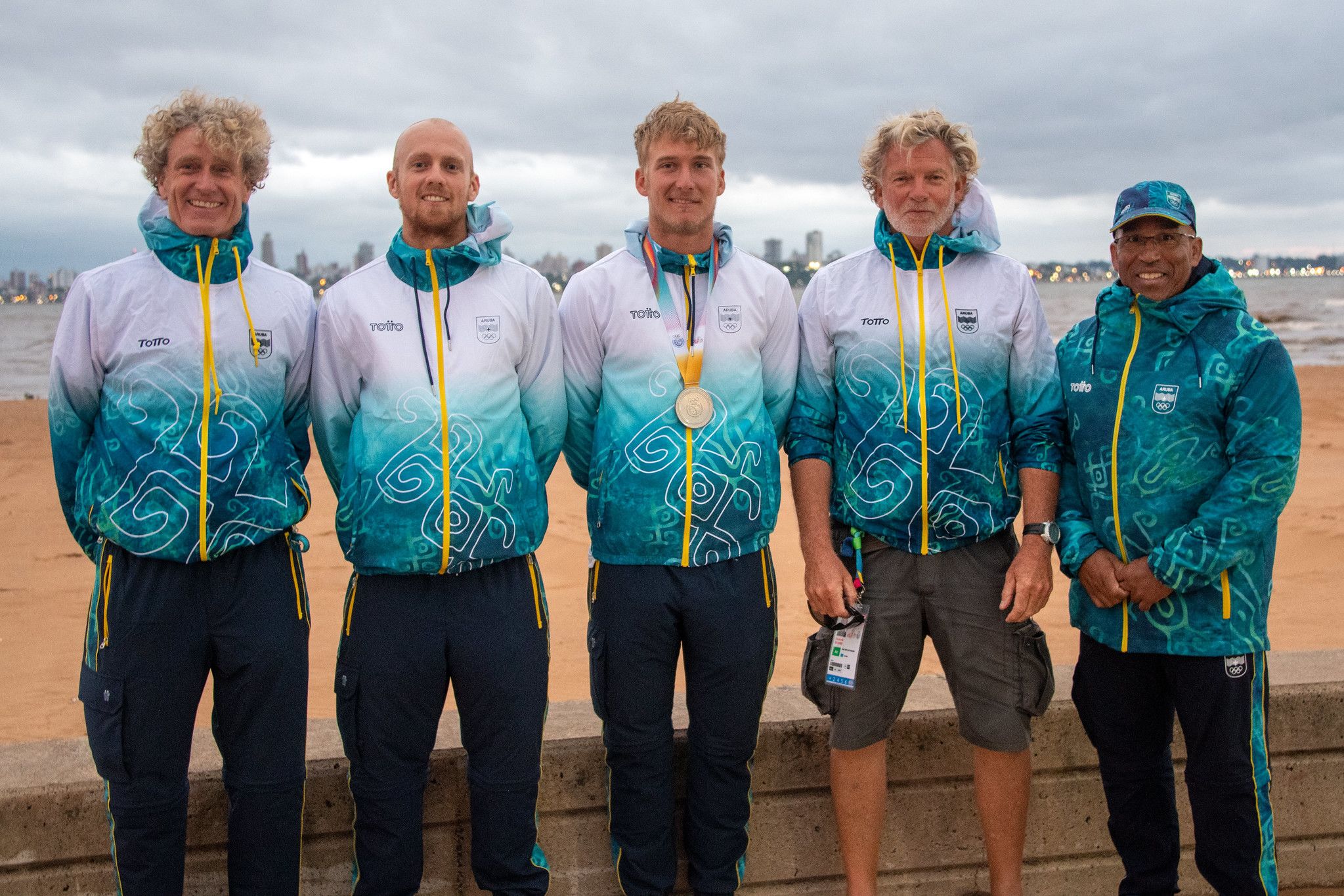
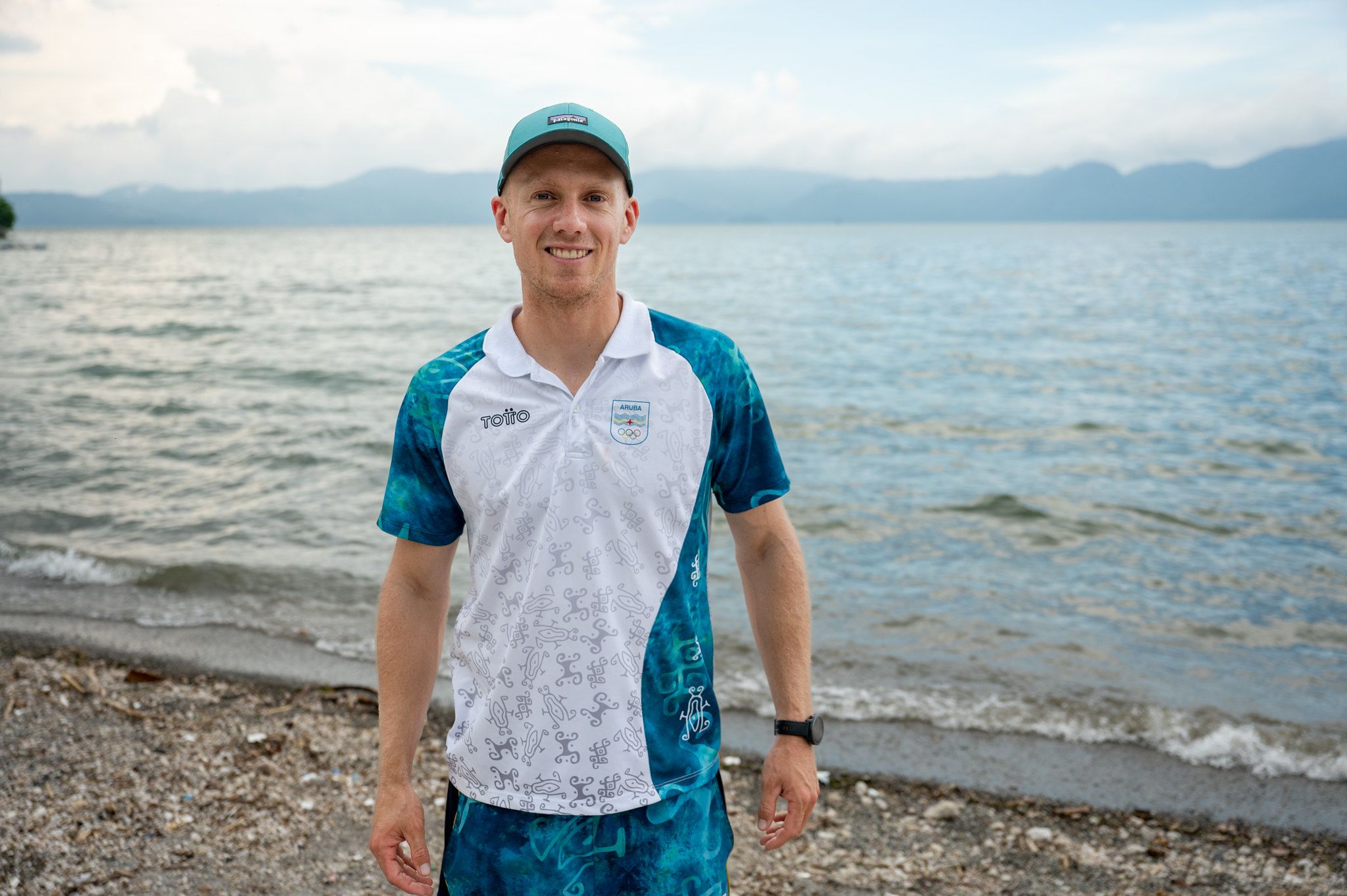
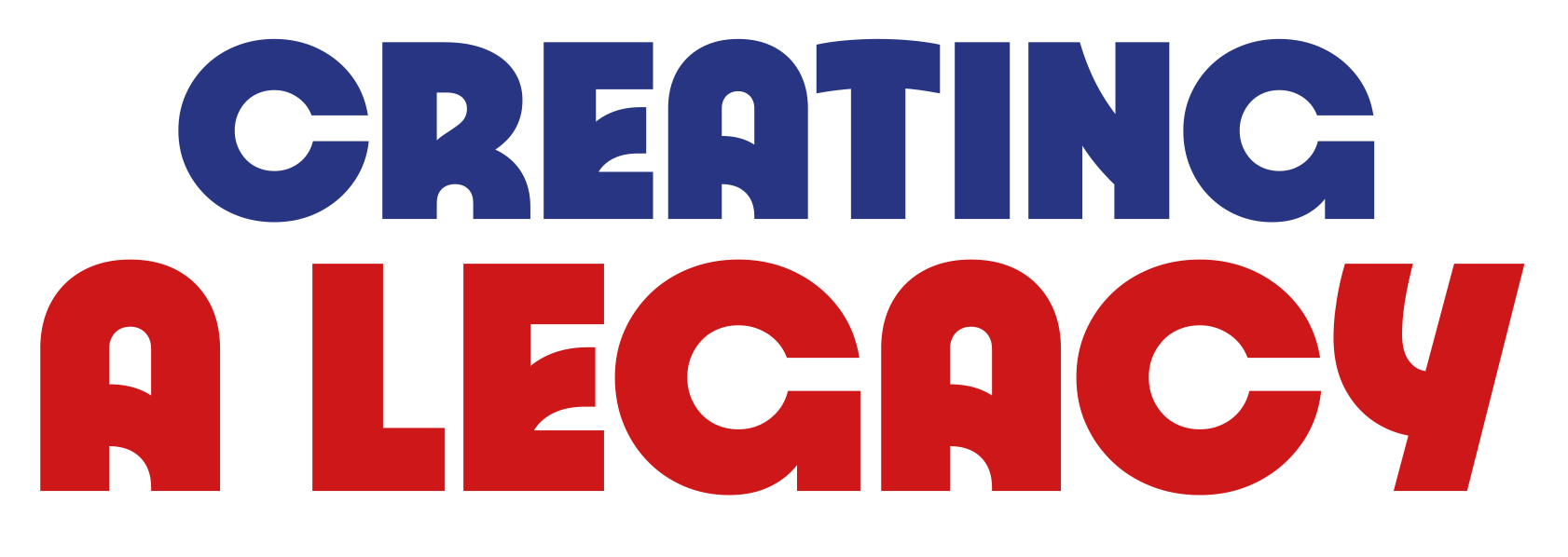
Just aspires to create a legacy for Aruban sailing. “I hope more sailors take inspiration from this and start sailing competitively, aiming to reach international competitions. Maybe someday, I will start coaching and help them reach the level of international competitions.”
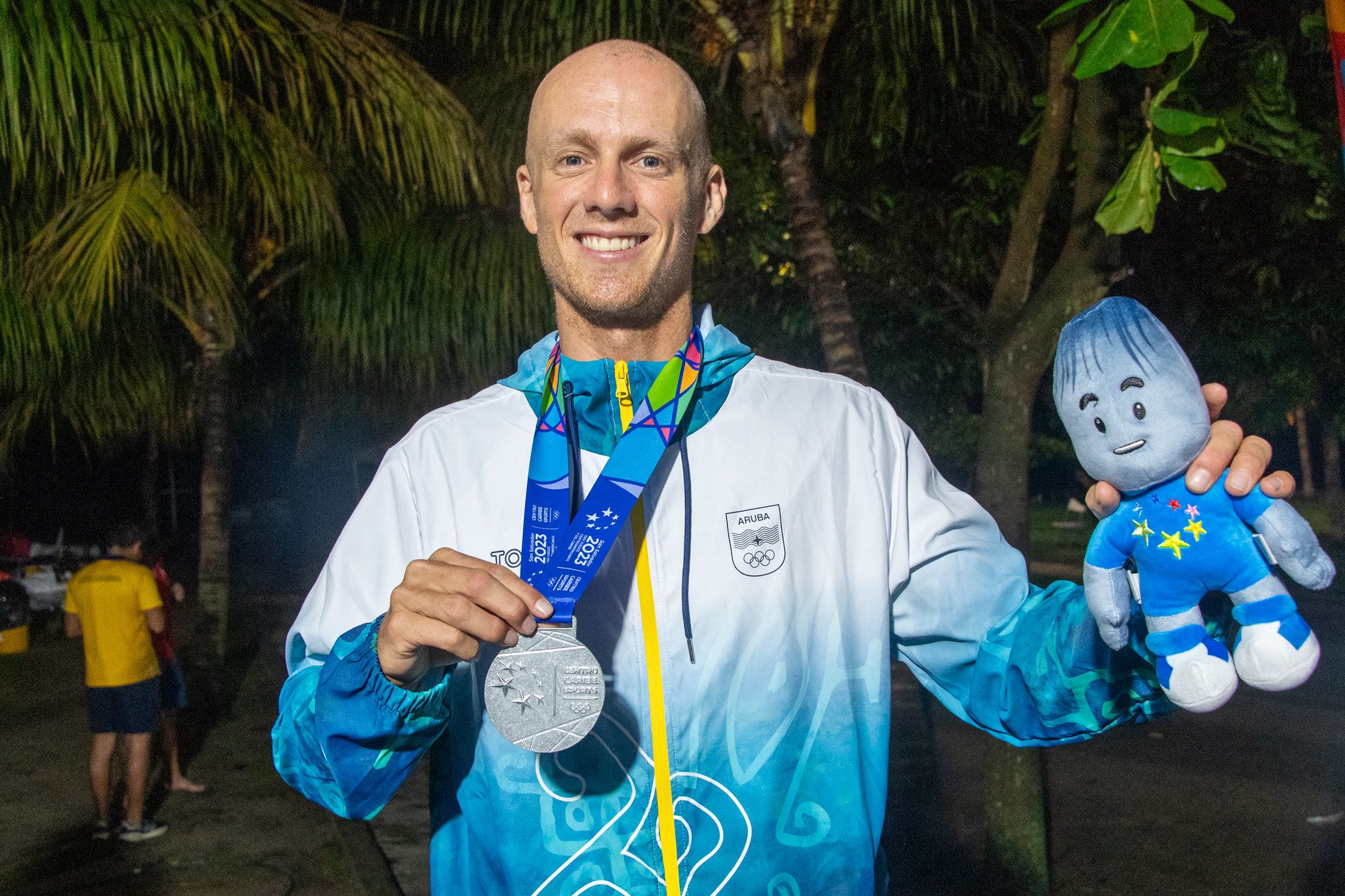

Your superhero name and power in sailing?
“I’m very good at performing under pressure, so ‘Pressure Master’ seems fitting.”
The strangest thing that happened during a sailing competition?
“I had many unique experiences, especially sailing with dolphins and sharks, but the strangest experience was when fog appeared out of nowhere, and we had to find our way back to shore. It was very scary because you couldn’t see more than 50 meters ahead.”
Any pre-race rituals?
“Not many. When I was younger, I had a favorite lycra that I always wore, but nowadays, I like to say to myself that anything is possible to keep a positive mindset.”
If you could race against anyone from history, who would it be and why?
“I’d like to compete against my dad in his prime to settle that debate, especially since we both sailed in the same class.”
A myth about sailing?
“I think many people see sailing as a relaxing activity because it can be when sailing on a big yacht, but in all the Olympic classes, it’s a very demanding sport where physical condition is the main differentiator. It took a while to show my girlfriend’s family that what I do is really a sport.”

The Comite Olimpico Arubano (COA) is Aruba's national sports organization and a member of the International Olympic Committee (IOC).
Founded on August 21, 1985, following Aruba's attainment of autonomous status within the Dutch Kingdom, the COA became the National Olympic Committee (NOC) for Aruba. It separated from the Netherlands Antilles Olympic Committee (NAOC) with 14 founding sports federations, including baseball, athletics, and basketball.
Recognized by the IOC since 1986, the COA's mission is to develop and protect the Olympic Movement in Aruba. The first time Aruban athletes competed in the Olympics was at the Seoul Games in 1988.
COA operated from the Guillermo Prospero Trinidad Stadium in Oranjestad starting in 1994 and moved to a new headquarters at Vondellaan 27 in 2019. The new facility was inaugurated on March 11, 2023, after a complete renovation. The COA is affiliated with several international sports organizations, including ANOC, PANAM Sports, ODESUR, ODECABE, and CANOC.

